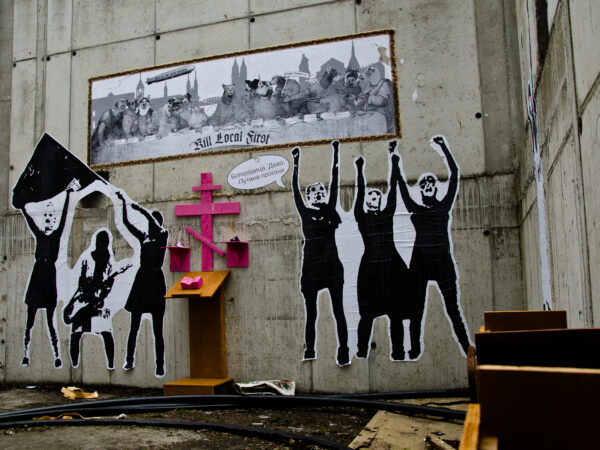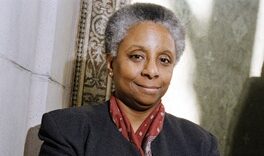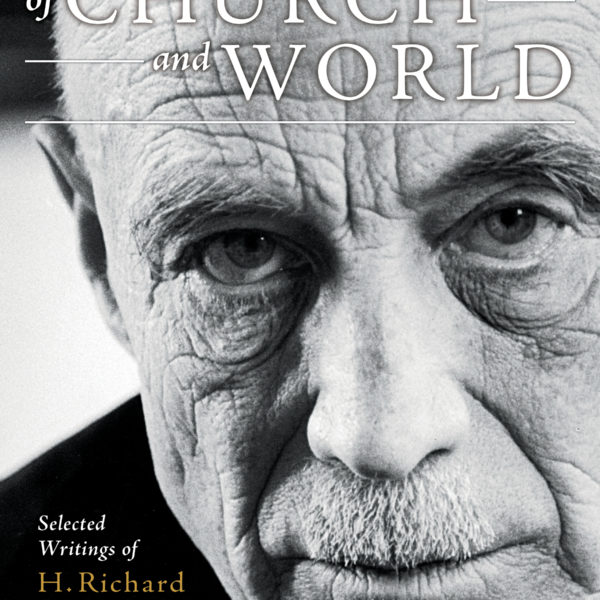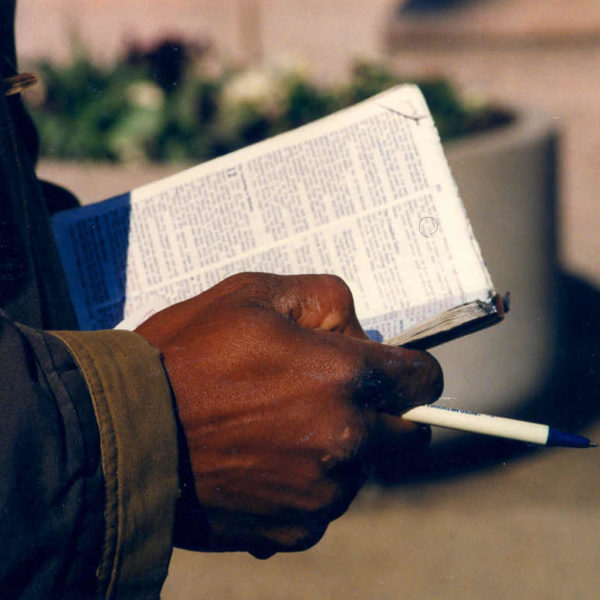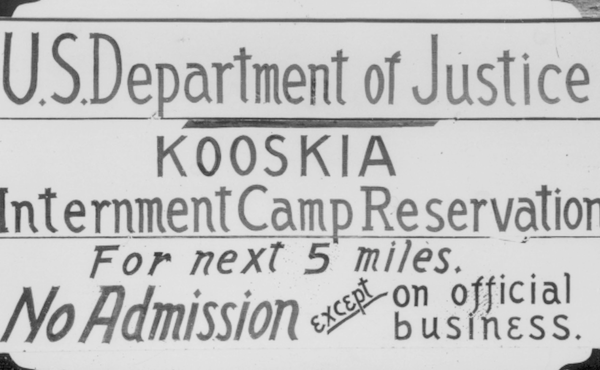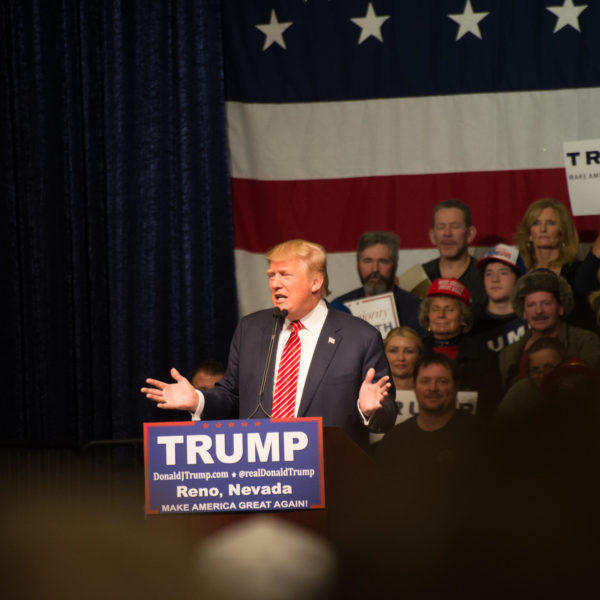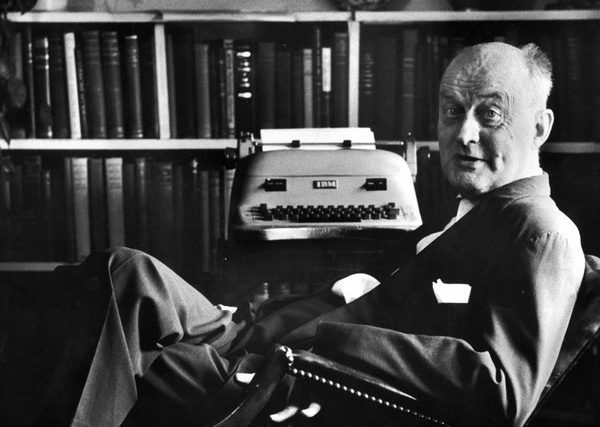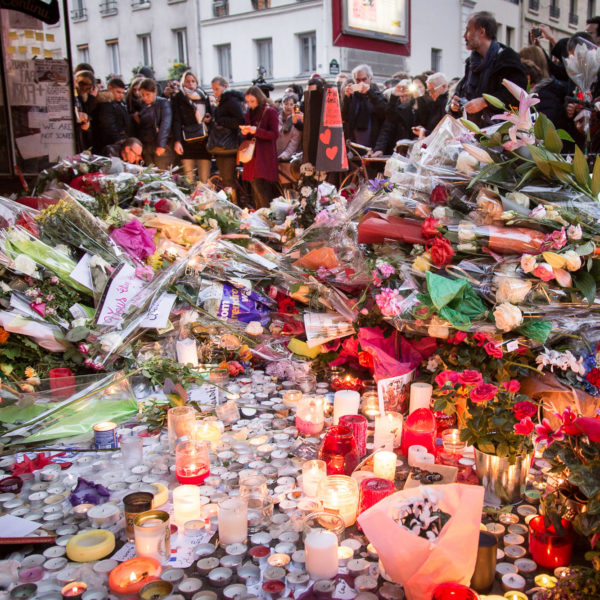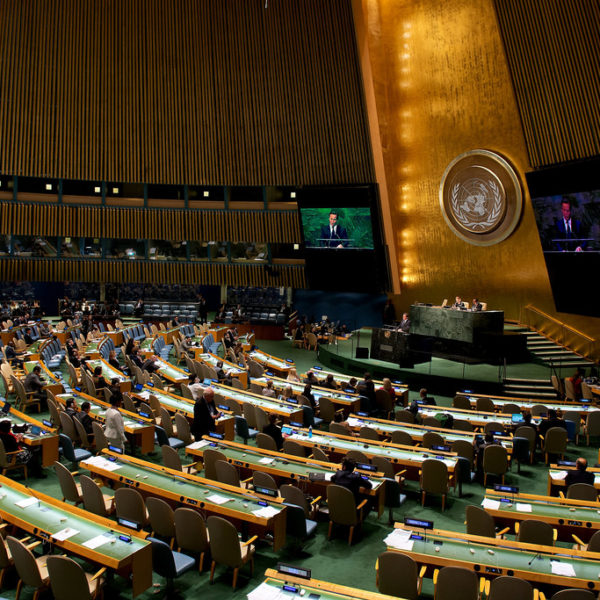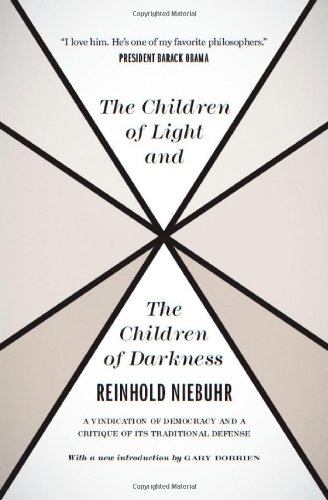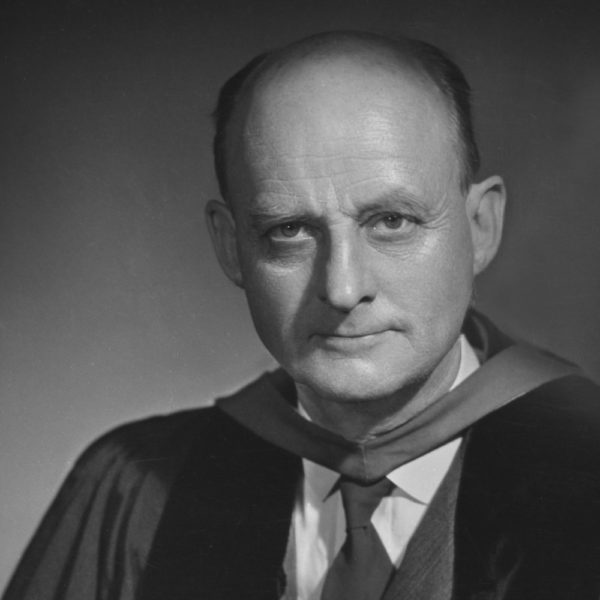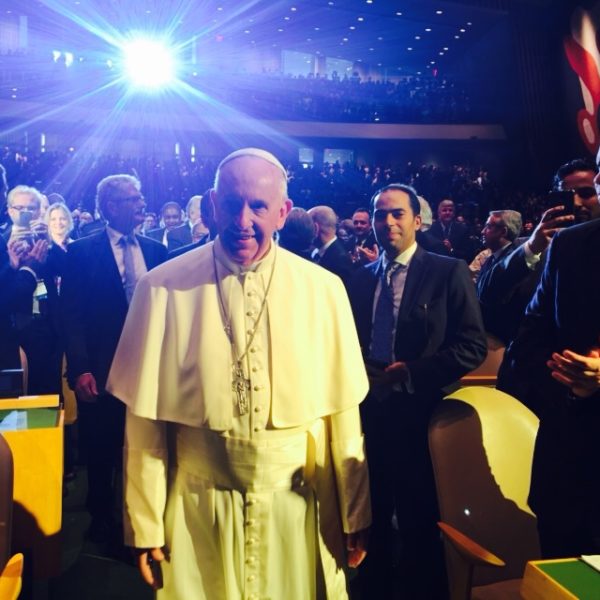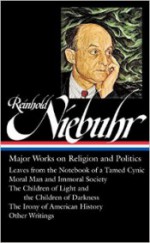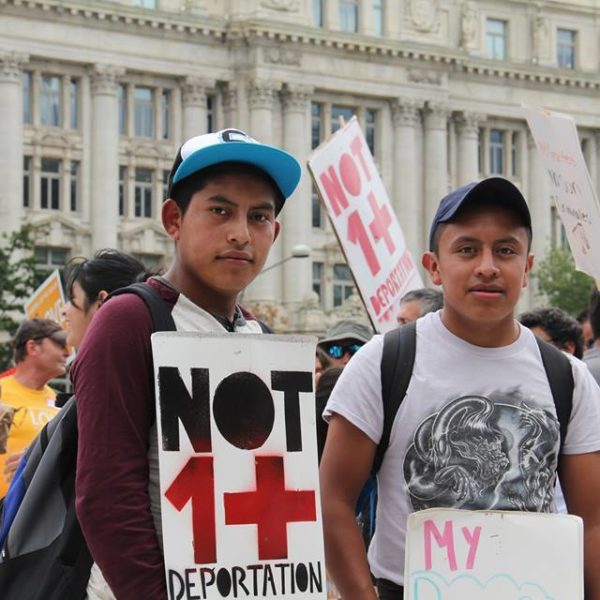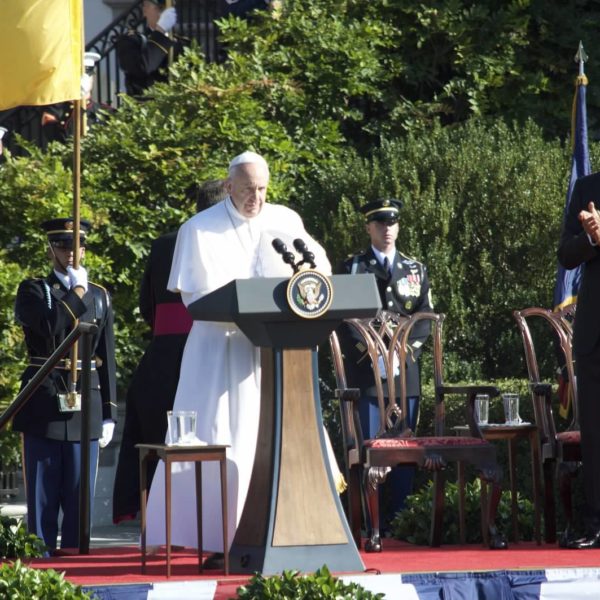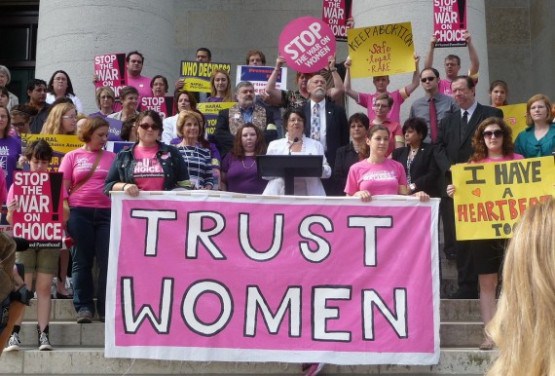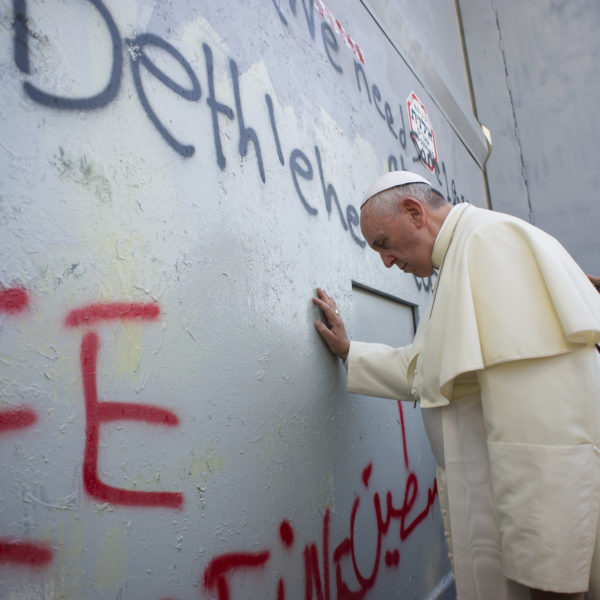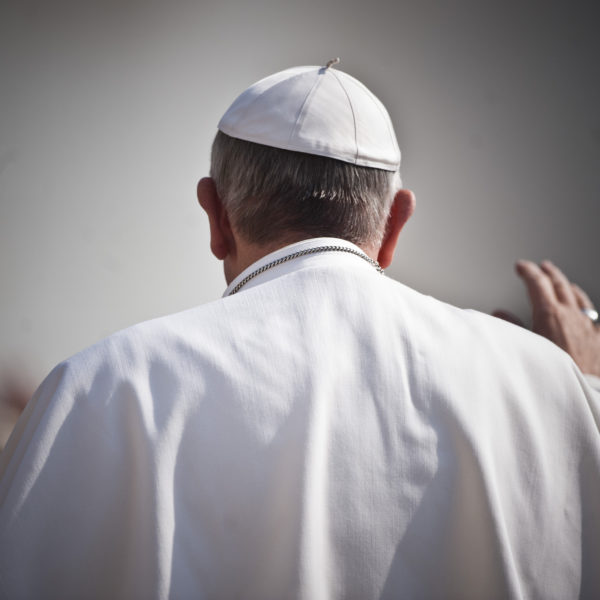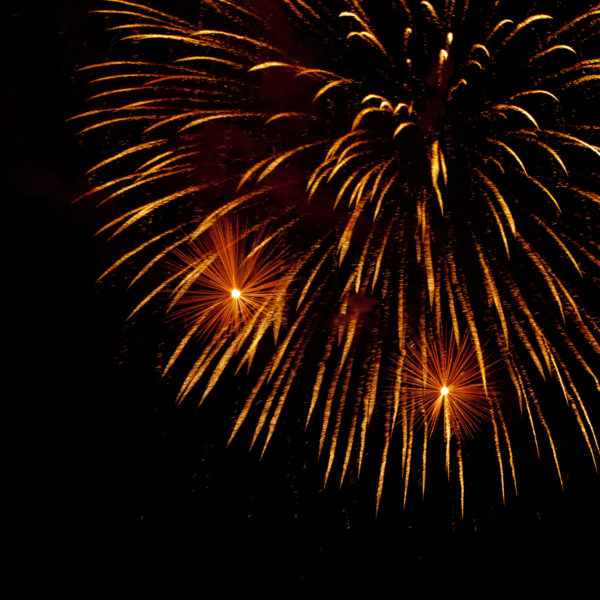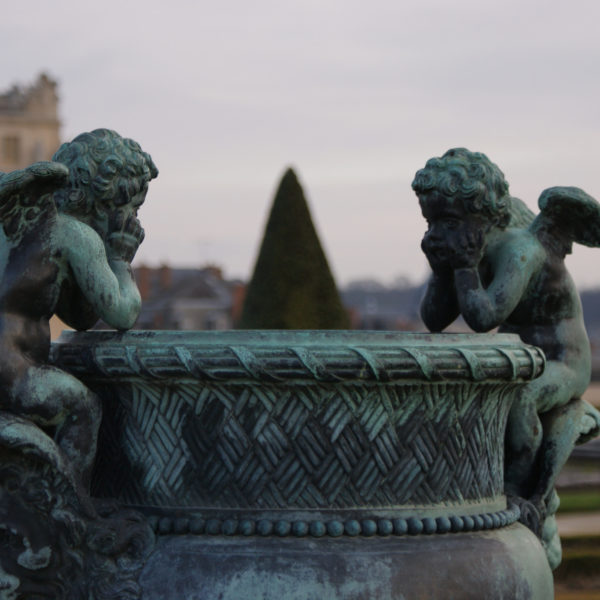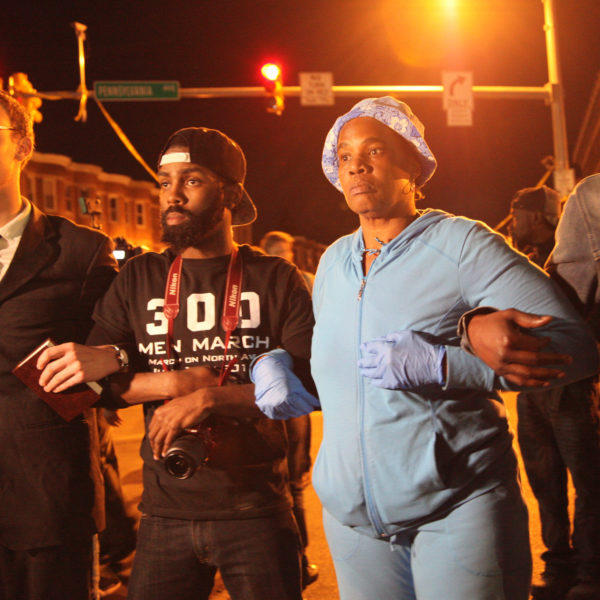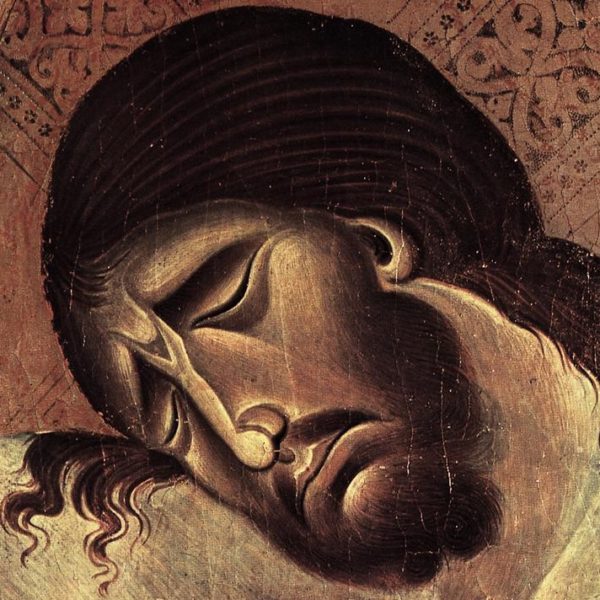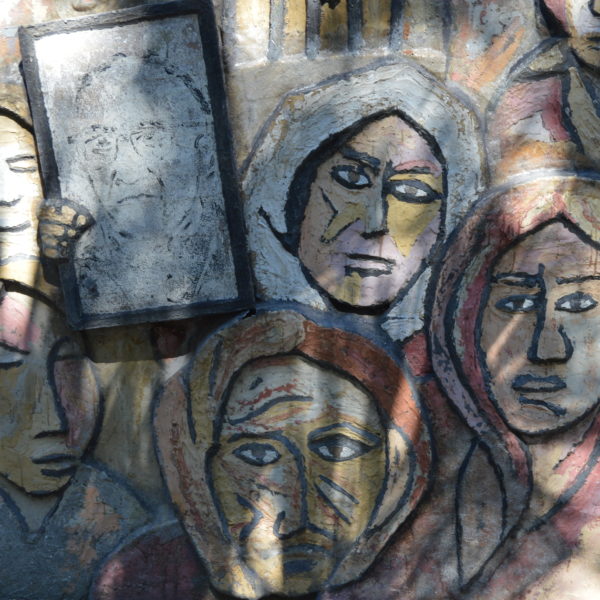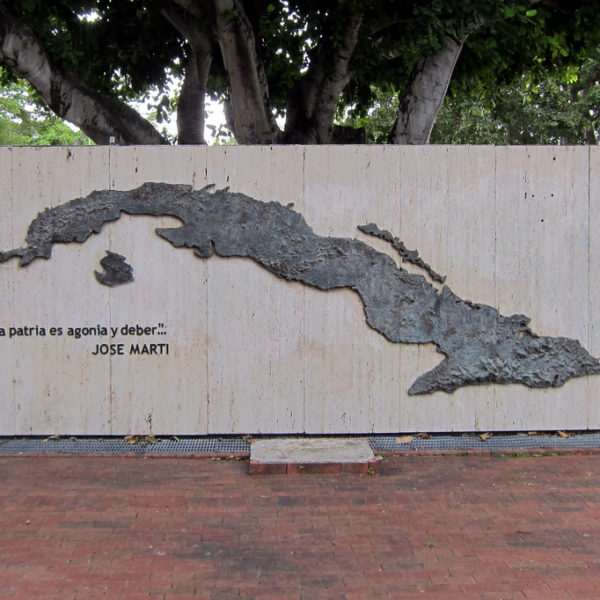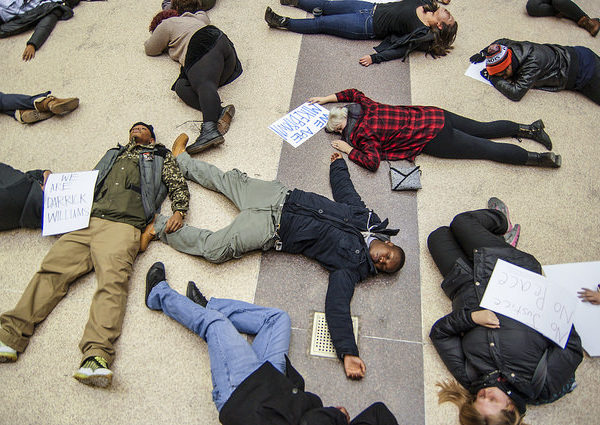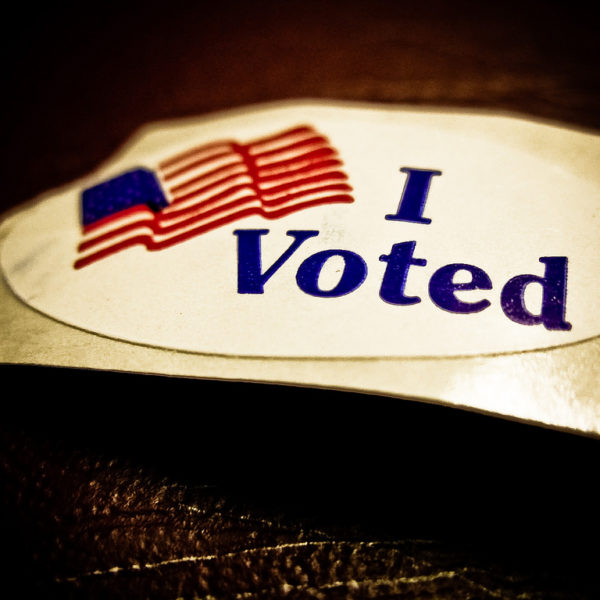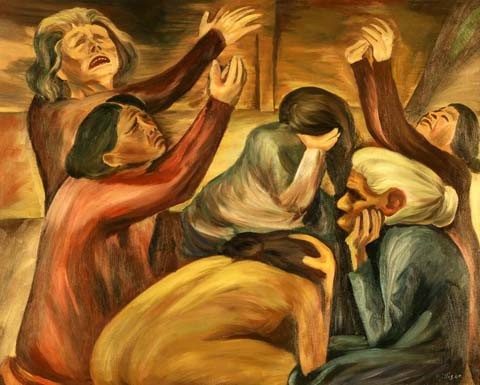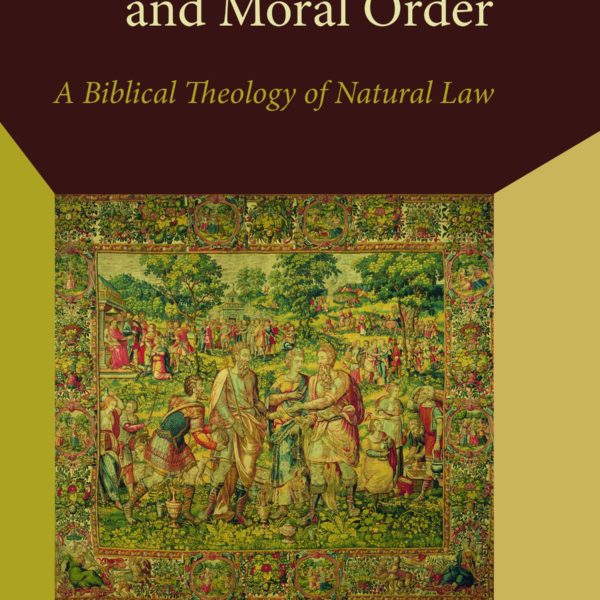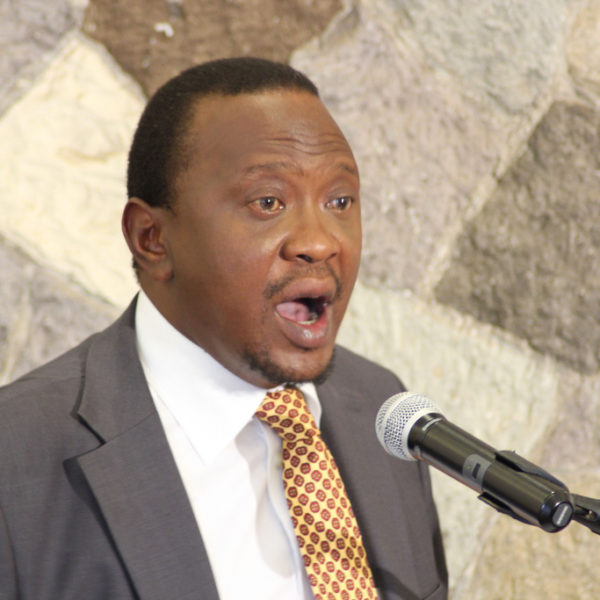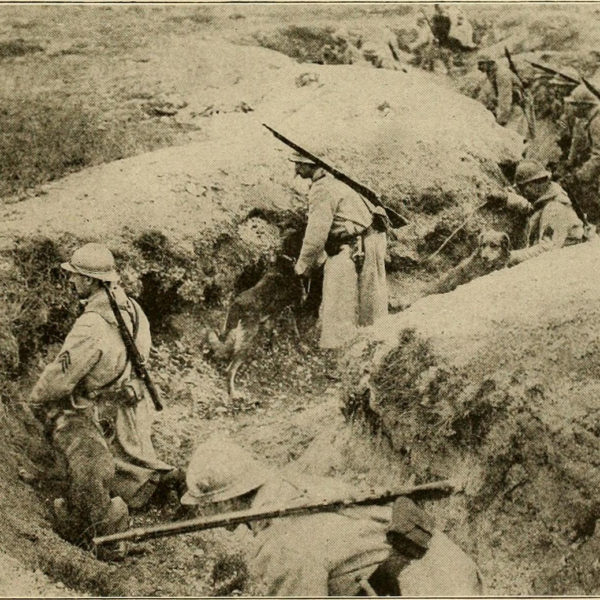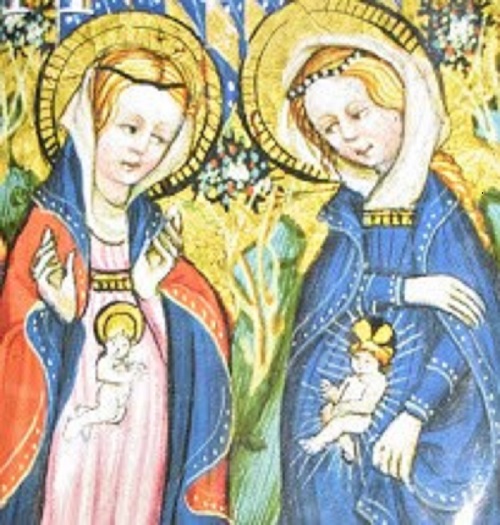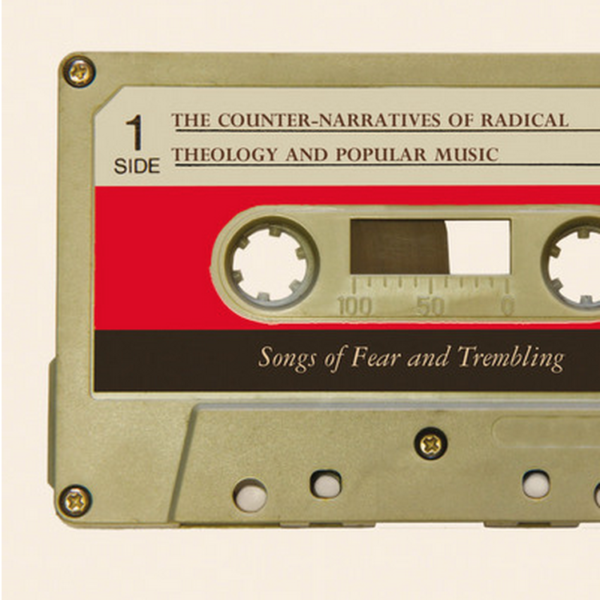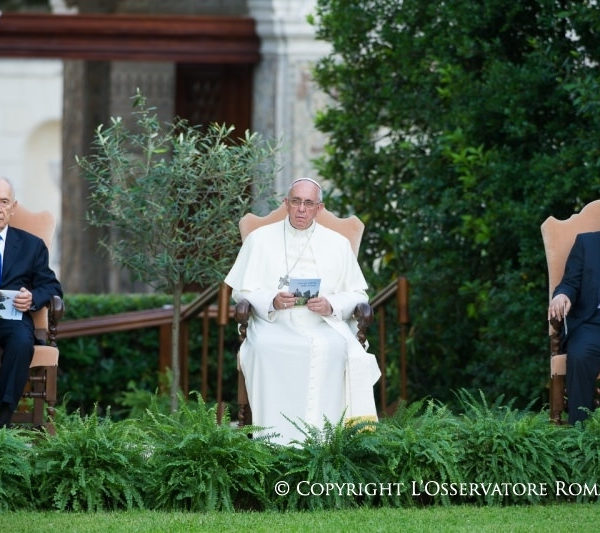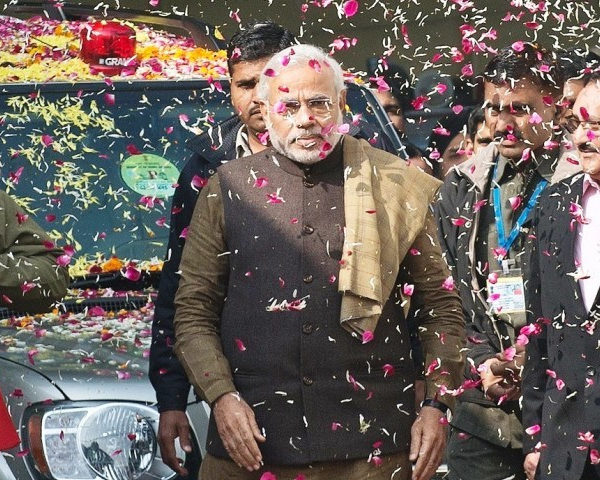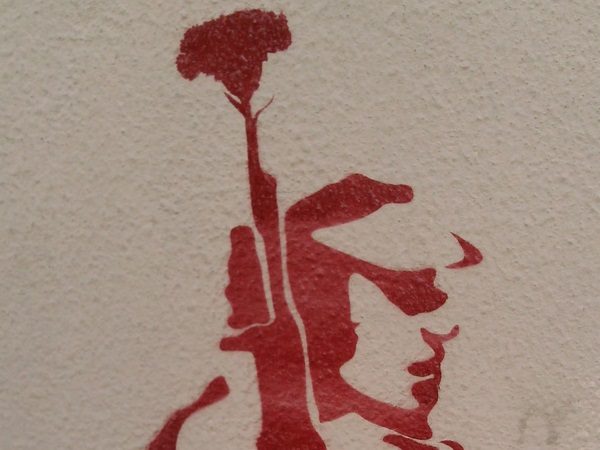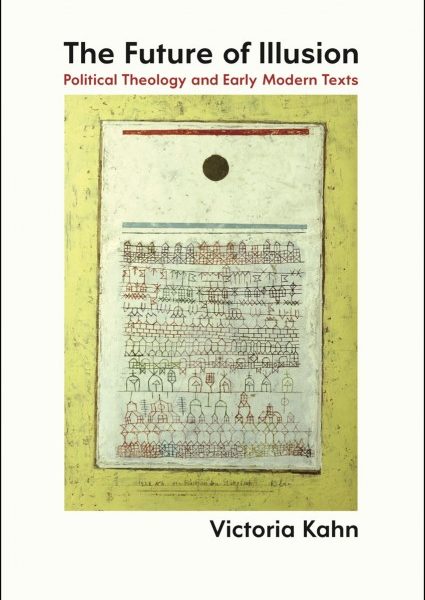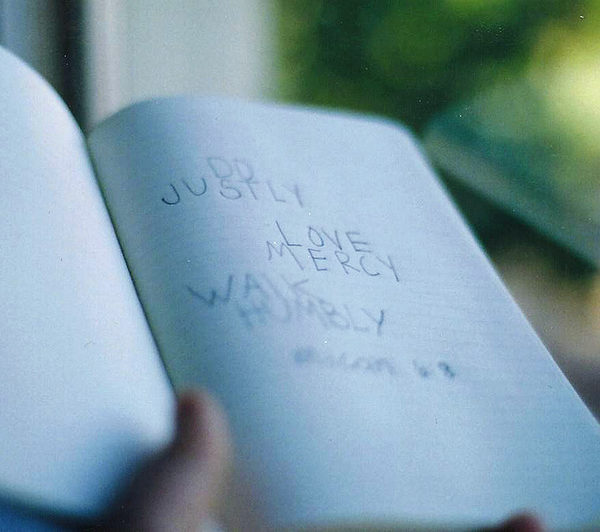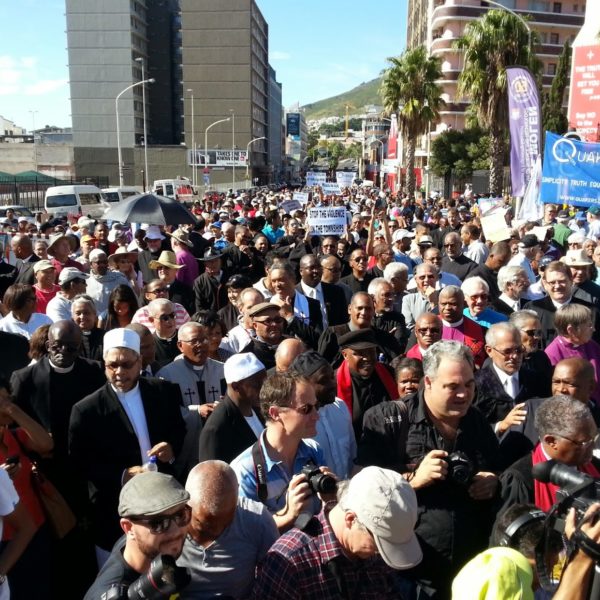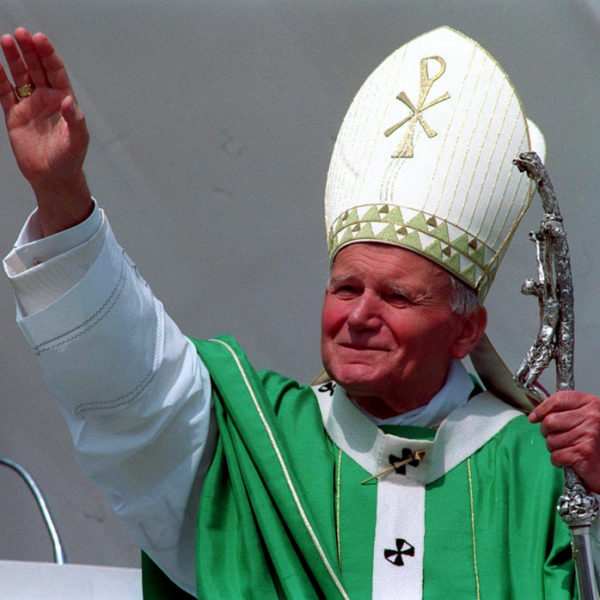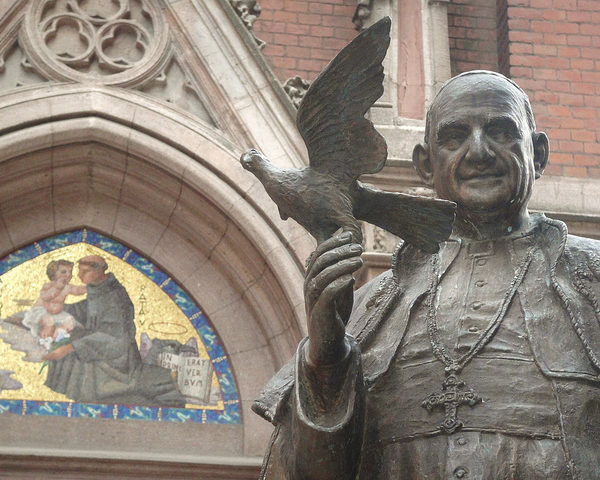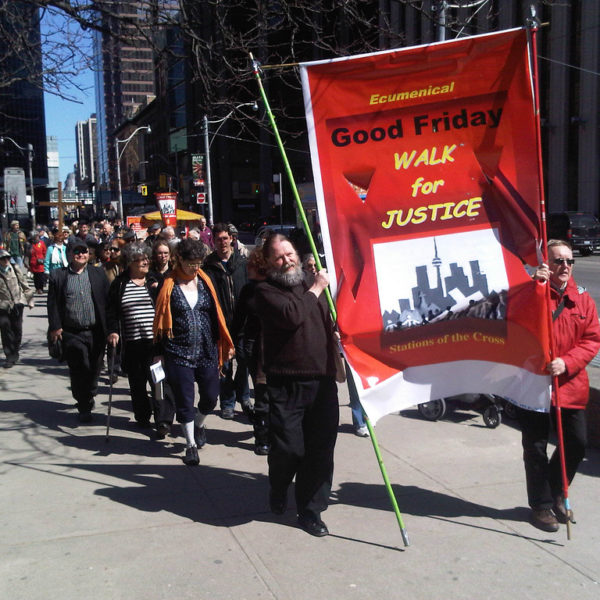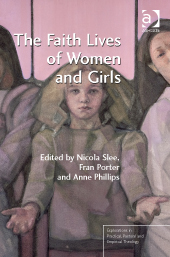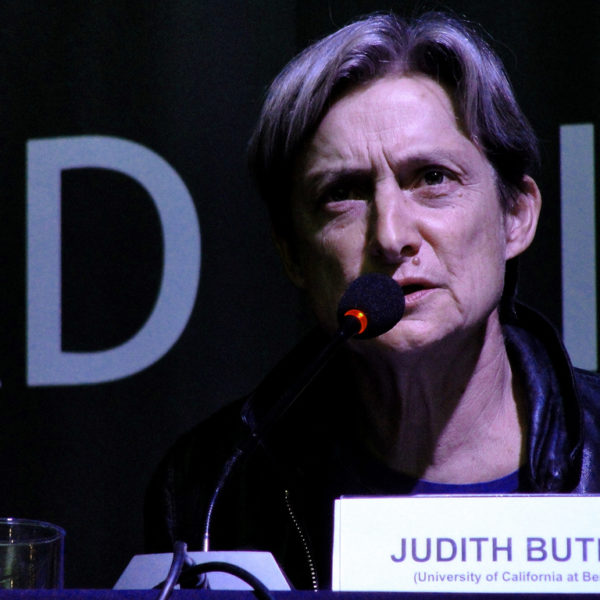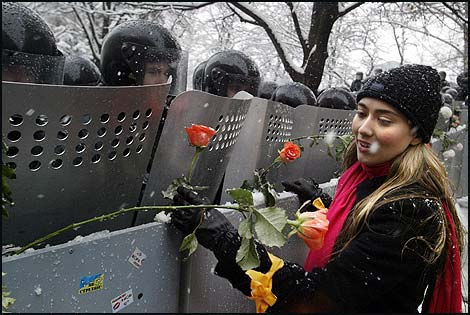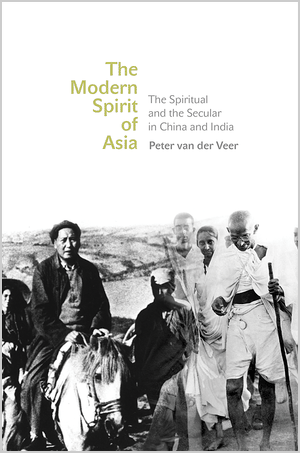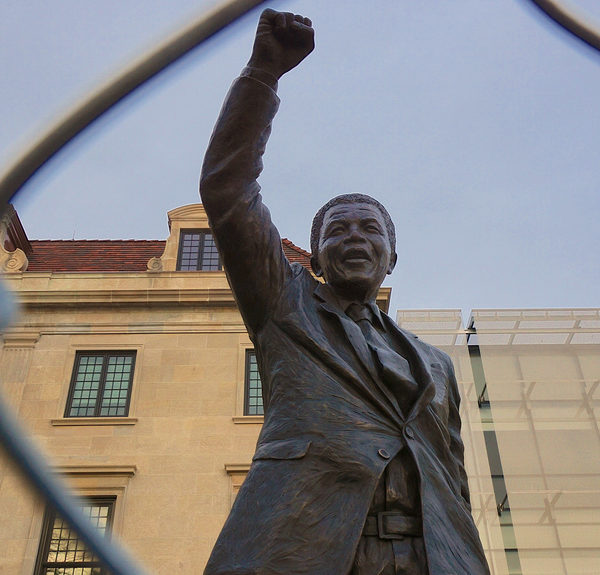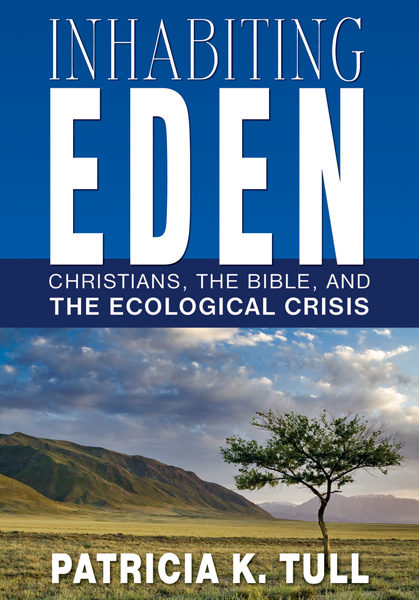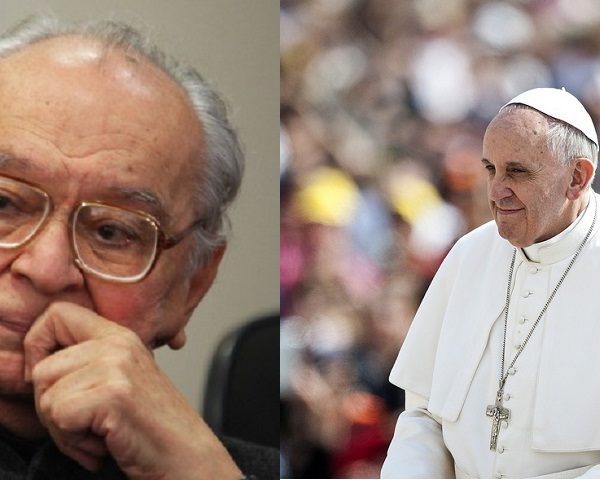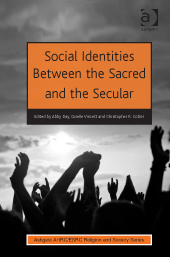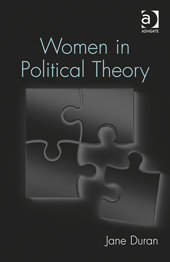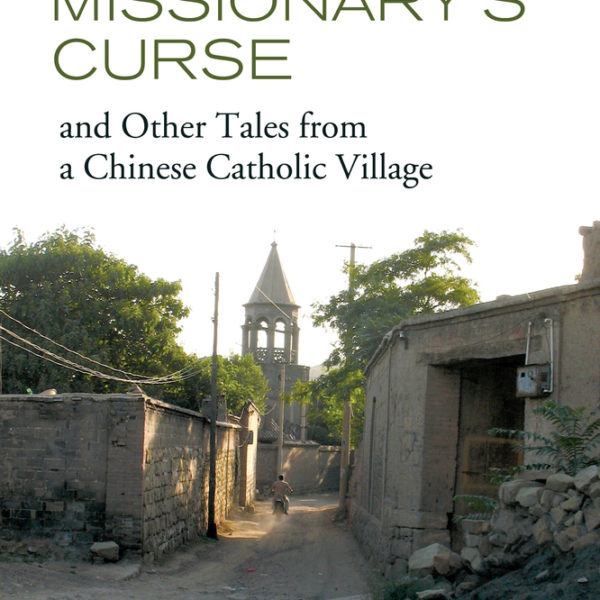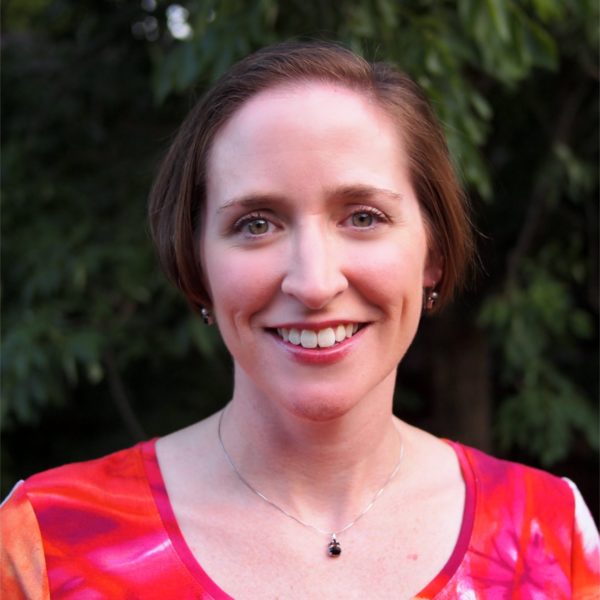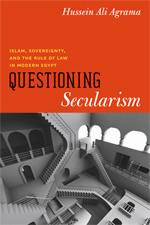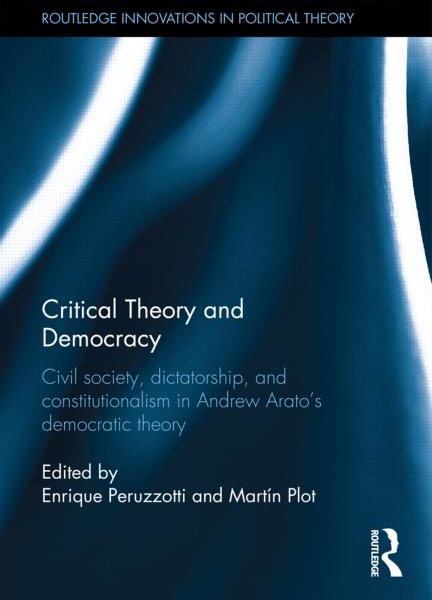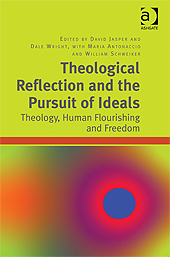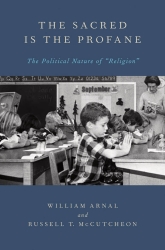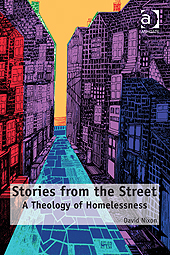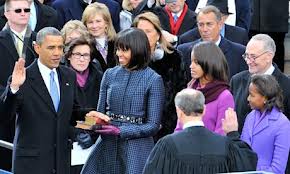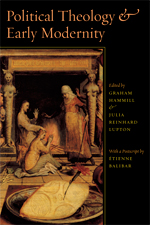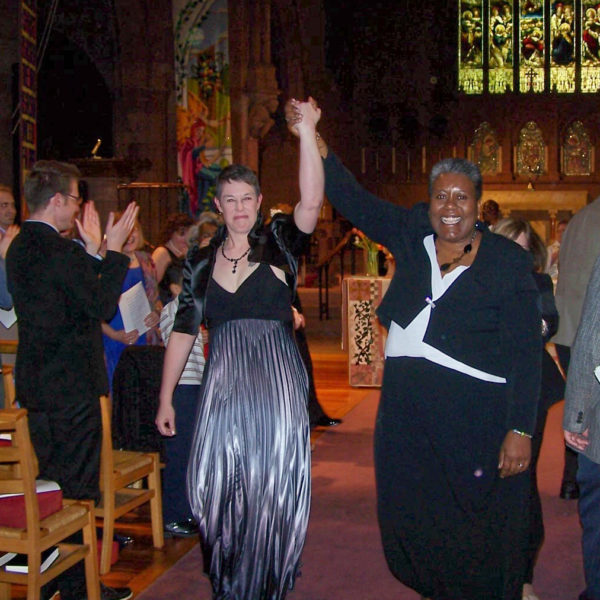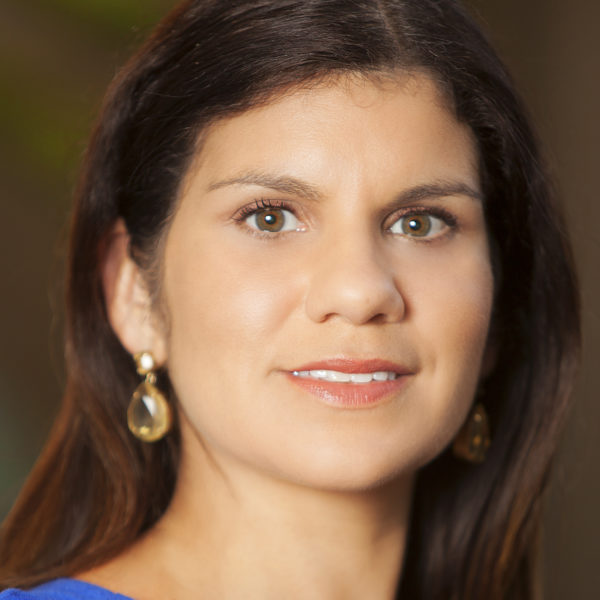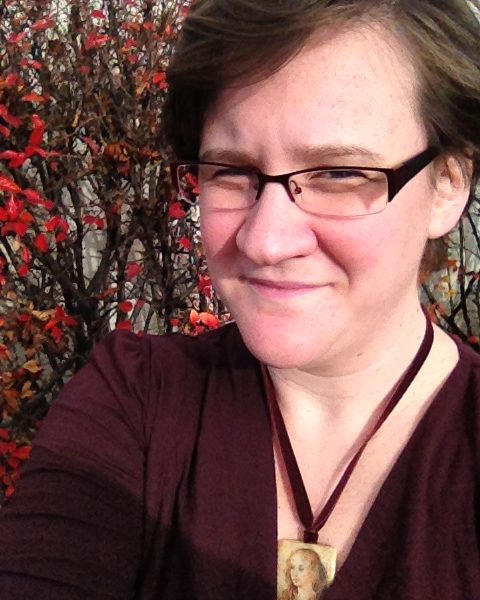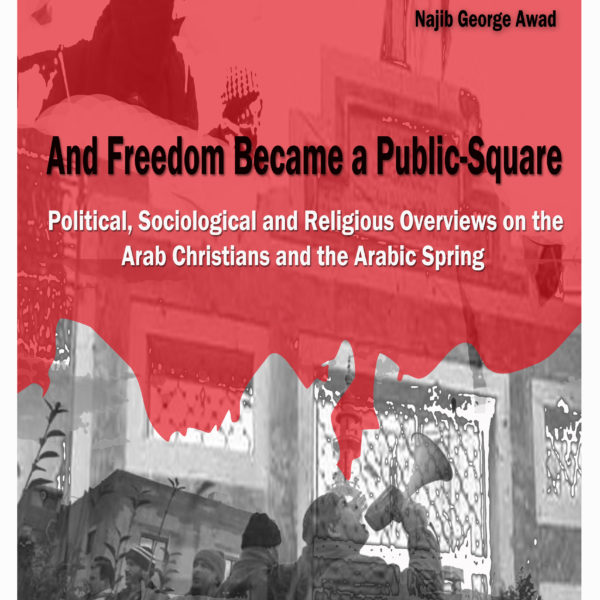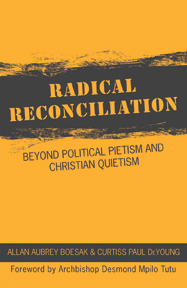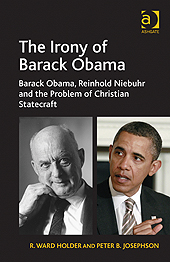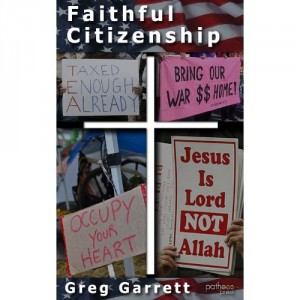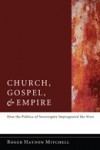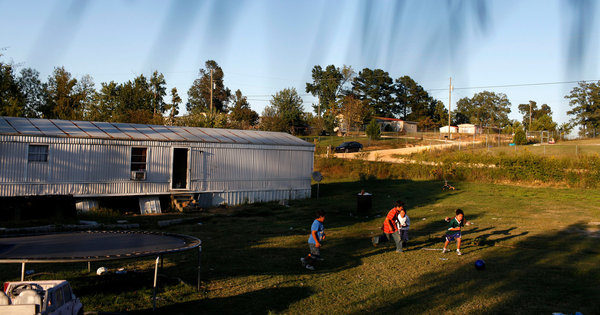Guest Post
Essays
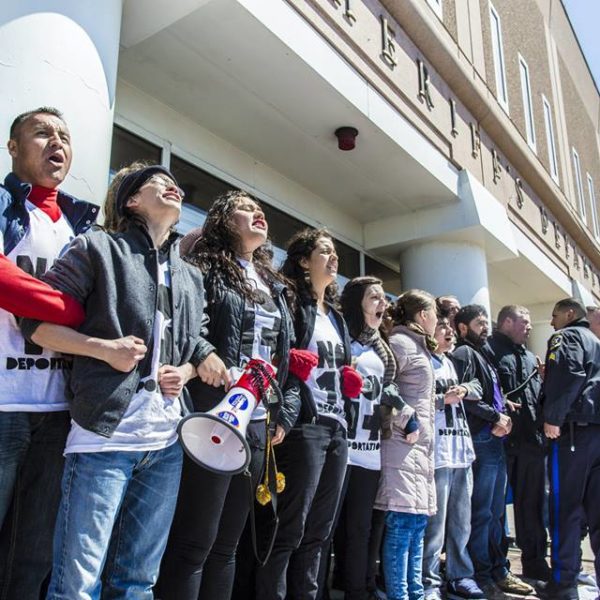
The telos of border imperialism as described by Walia and served by policies like the Priority Enforcement program is manifestly blasphemous on any number of levels. The most obvious, and the most commonly identified by theologians is that it denies the presence of Christ in the persons of exploited, oppressed, colonized, and working people.
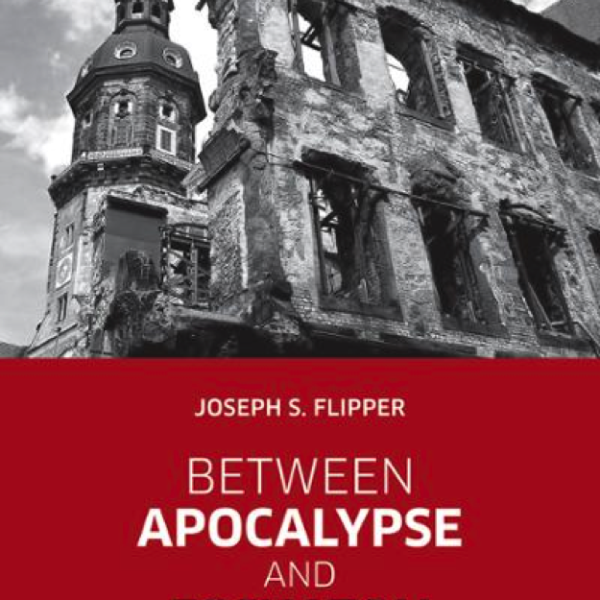
As a PhD student just starting my dissertation research I happened to meet the department chair of the theology department at a major Catholic university (my interlocutor and his university will remain anonymous). When he asked about my dissertation, I told him that I was researching Henri de Lubac. In a condescending voice he replied, “I didn’t realize anyone was still studying him.” I sheepishly responded, “Well, yes. Yes they are.”

There is a good case to be made that the American criminal justice system is itself criminal. Up until around 1980, all statistics we have suggest that the incarceration rate varied at around 100 inmates per 100,000 people. After about 1977, and especially after about 1982, the rate began to rise; in 2008 it was over 700 prisoners per 100,000, and while it seems to have begun a modest decline in the past few years, it remains over 700. In this context, “American exceptionalism” is not an overstatement; the United States is effectively the largest incarcerator in the world; the only states near us are Cuba and North Korea.

This past weekend my Facebook and Twitter feeds were awash with rainbow colors and expressions of patriotic love for the Supreme Court of the United States (SCOTUS).
The Court’s decision in Obergefell v. Hodges granting “marriage equality” to same sex couples coincided with Pride weekend in many places, including Houston, Texas, where I have lived a good part of my life. My straight friends were particularly effusive in their expressions of joy on my behalf, as if Obergefell v Hodges were the decisive moment when people like myself finally achieved equality.
It was as if this moment were marked somehow out as sacred.
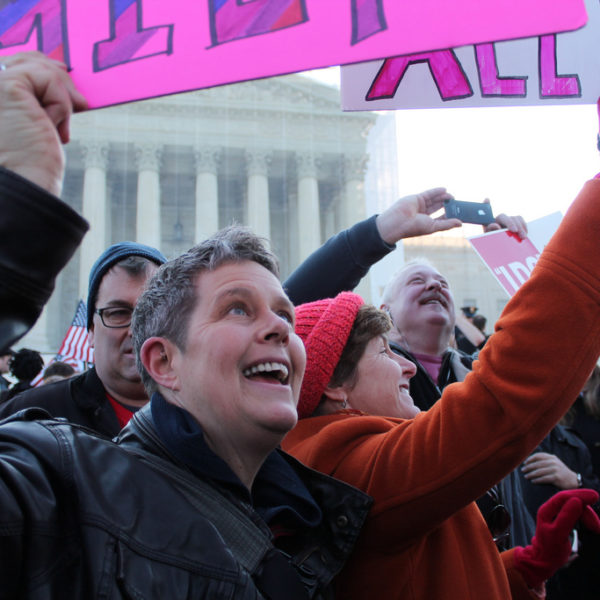
American Evangelicals and their rumblings on marriage equality will stay with us. This resilience is not simply because of the impact of their networks and numbers but because their resistance reflects a general uneasiness with the value of equality, one that is profoundly embedded in American political culture.
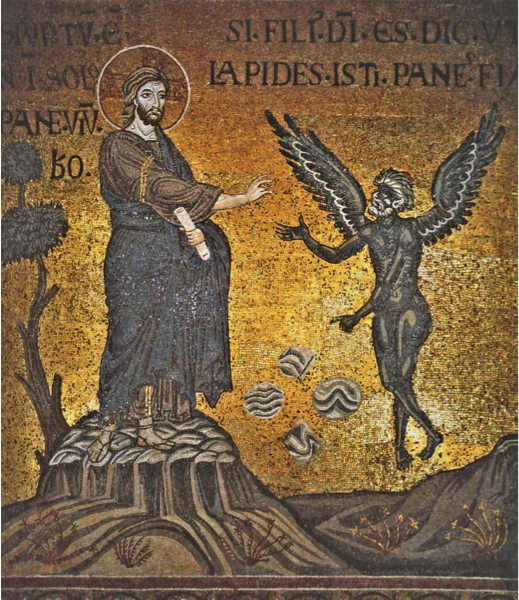
If Dostoyevsky foresaw the rise of the 20th century totalitarian states as the father figures who would feed the masses in the first temptation, what did Dostoyevsky foresee here with regards to his feared future Catholic theocracy? What Dostoyevsky saw was how the captivating of the conscience through miraculous ecstasy could manifest itself, in games and permissiveness.

. . . In other words, Chappie can be read as an allegory that calls for us to recognize our ill-treatment of the other, and the film seeks an alternative ethic that does not recourse immediately or uncritically to fear or hostility, leading to violence. We are to be more embracing of the ‘other’ who is, ultimately, more complex than we might first assume, and is never entirely ‘other’.

In May 2014, Indian Prime Minister Narendra Modi travelled to the riverside holy city of Varanasi to worship mother goddess Ganges in gratitude for his victory in the national elections. This grand self-promotional gesture by a prominent Hindu nationalist politician illustrates how religion and politics remain enmeshed in India. Even though the democratic constitution of the nation-state has been modeled on western varieties of secularism, everyday politics is infused with religious iconographies.

The core of the Christian message, that Jesus liberates us from oppression and demonstrates a means of non-violent resistance to evil through his example, is not often portrayed in Hollywood. More often than not, force is met with force, violence with violence. In blockbuster films, explosions, car-chases, and raw spectacles of destruction predominate, and for good reason—violence sells.
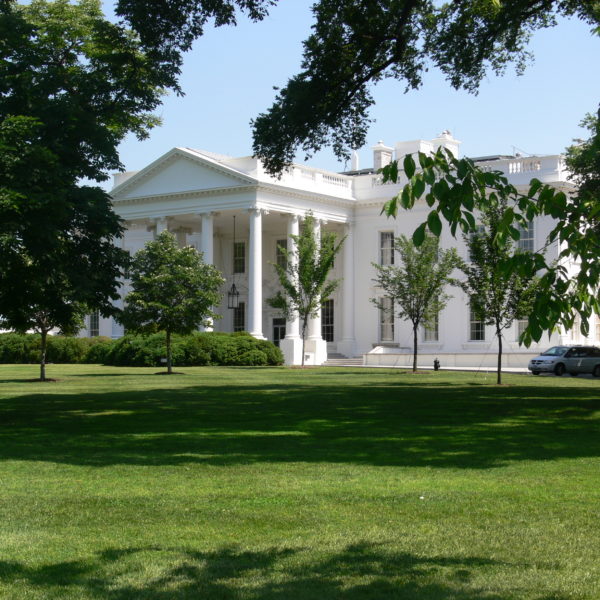
For nearly two decades, Wesley Theological Seminary has sponsored the National Capital Semester for Seminarians (NCSS), a program which immerses students from Wesley and other seminaries around the country in the politics and policymaking of Washington and the ways people of faith intersect in those spaces. When Dr. Shaun Casey, the long time coordinator of the program, left to join the faith outreach office at the U.S. Department of State upon request of Secretary of State John Kerry, I stepped in to help direct the program.
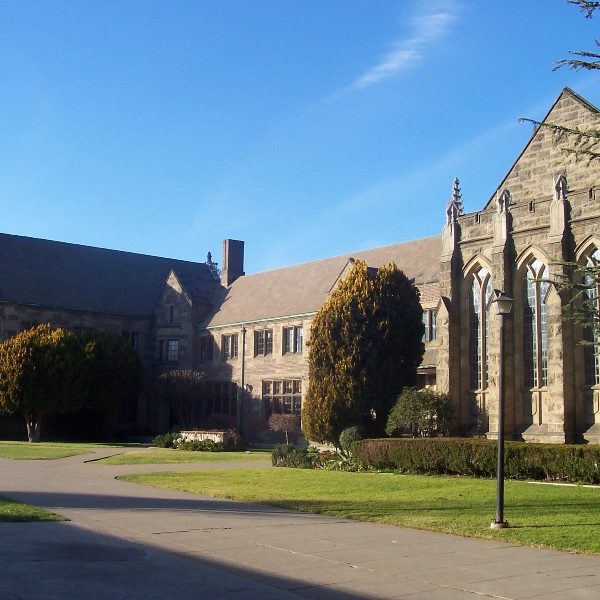
My interest in teaching a course on Political Theology came from my research on Simone Weil. I wanted to understand how the area of political theology could help me interpret Weil’s oeuvre, which often focuses on the intersection of politics and religion. To that end I decided to teach a course in the Fall of 2011 that would explore the historic development of the concept “political theology.” The course would consider how the western tradition has “thought” the intersection of politics/theology.
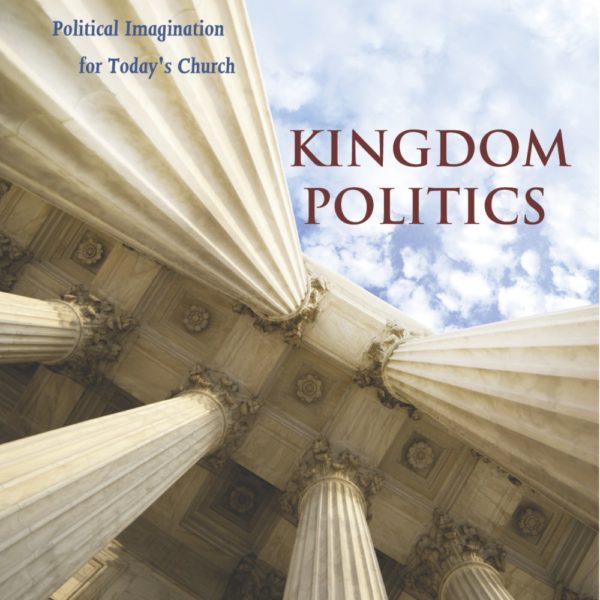
With the start of the 2016 election season now coinciding with the publication of Kingdom Politics: In Search of a New Political Imagination for Today’s Church, we are reminded of the beginnings of this book project. As the 2012 election cycle began picking up steam, we embarked on a journey to research the ways five diverse congregations engage and avoid politics, and the reasons they give for doing so.
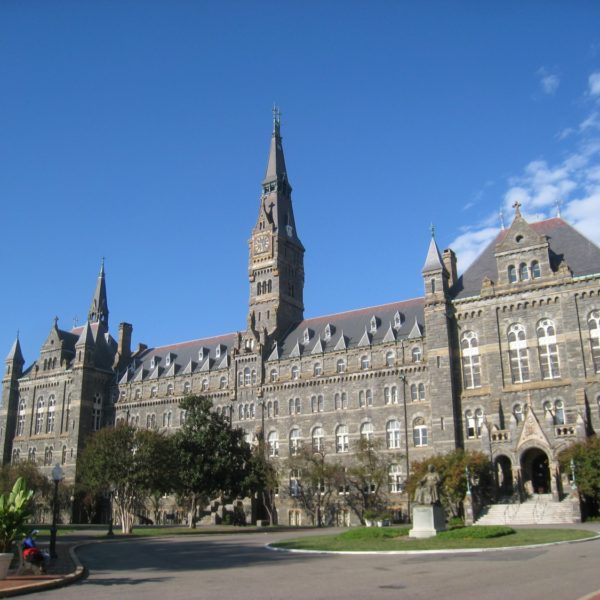
…I still seek to introduce the students, now grads, to the range of political formulations in Islam, but in contrast to the undergraduate version of the course, we also look to political theology as a method for thinking about politics. Why? And How? After all, political theology is really a product of the Christian West. Does it have applicability in other contexts?
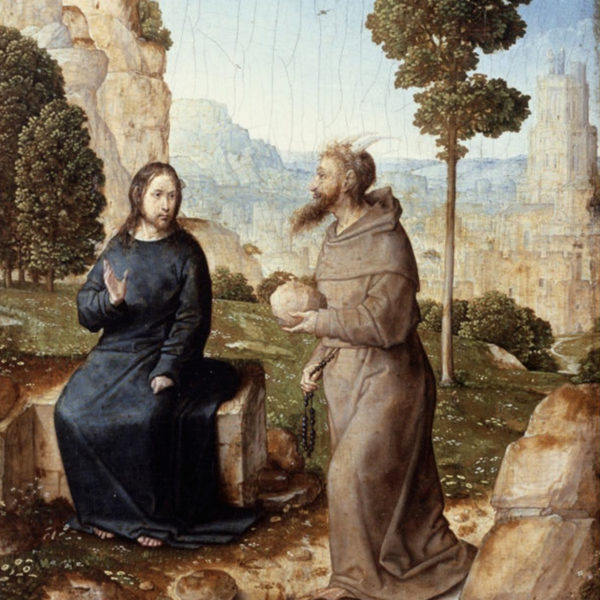
Fyodor Dostoyevsky in his masterpiece ‘The Grand Inquisitor’, as well as Lev Tolstoy in his The Gospel in Brief, both comment on, recapitulate, and in some manner ‘translate’, the story of Jesus’ temptation in the wilderness (Matt. 4:1-11; Mark 1:12-13; Luke 4:1-13) with varying interesting results. Let us compare Dostoyevsky, Tolstoy, and the Gospel accounts together to see how this story serves not only as Dostoyevsky saw them . . . nor only as Tolstoy saw them . . . but also as a profound critique of our current economic geopolitical situation, and pointing to our way out of the systems that enslave us.

This course was conceived as a way to introduce undergraduates to the conversation about religion and politics in Western tradition. I wanted to give them a broad historical overview, with in-depth selections or snapshots to get at ways the relation between religious and political spheres has been conceived in different historical moments.
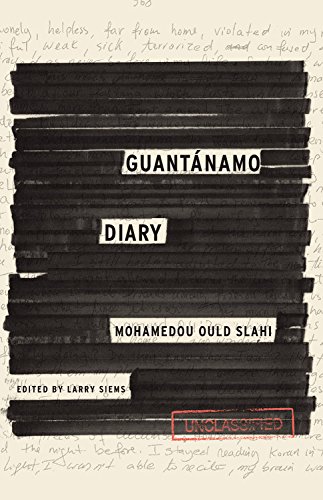
. . . We live in an age of terror, but not because we have been terrorized by the Other. Rather, the terrorism we recognize is the consequence of an a priori distinction between lives that matter and lives that don’t. Slahi, confined at Guantanamo since January 2000 without charge, represents the figure of terror.
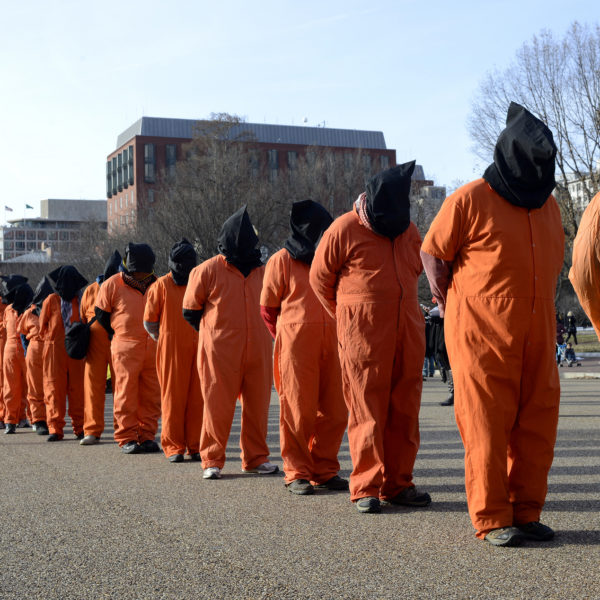
He faces no criminal charges. Indeed, a U.S. judge ordered him released five years ago. Nevertheless, Mohamedou Ould Slahi remains in Guantánamo Bay, after more than thirteen years in captivity. He was snatched out of his home country of Mauritania shortly after 9/11/2001, and then renditioned to Jordan, Afghanistan, and finally Cuba. In U.S. custody he has endured beatings, threats, sexual assaults, sensory deprivation, lengthy exposure to cold temperatures, food deprivation, deprivation of medical care, stress positions, and forced nudity.
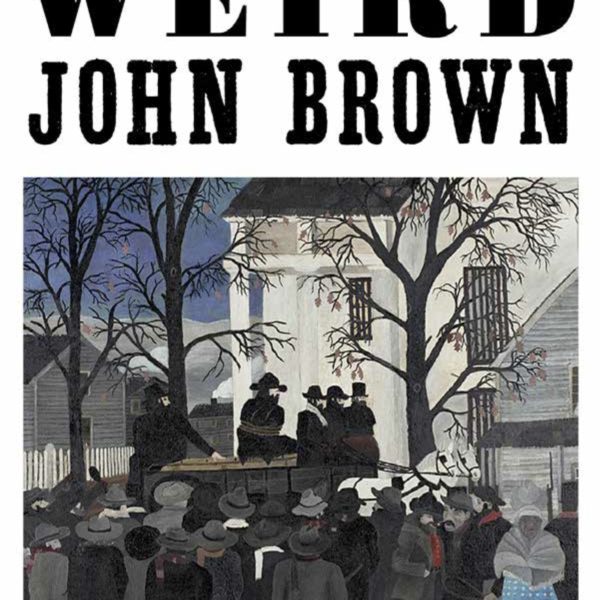
Johannes de Silentio admits that “Abraham I cannot understand, in a certain sense there is nothing I can learn from him but astonishment.” Can we say the same about John Brown? Smith clearly wants us to learn from him and from what happened at Harpers Ferry, not to mention what happened six weeks later. But it is a curious sort of learning, since Brown’s exceptional status — like Smith’s subtitle — acknowledges the limits of ethics in making sense of the violence enacted by, and on, such a singular figure.

I think that a politics of penitence and repair can disrupt old divisive racial patterns, potentially enabling the emergence of new racial communities not marked by old forms of racial hatred and violence. Smith’s argument for penitence and repair is compelling and I do think that a Christian political theology calls upon us to consider these two important practices. Smith presents a theological discussion of pardon that eventually takes us to repentance and repair when addressing racial wounds.

Ted Smith delivers an unprecedented thesis about Brown’s violent assault on slaveholders as the human side of a “divine violence.” From beyond the limits of any earthly system of political justice and social ethics, this is a divine judgment against the validity of an entire system of political ethics. Addressed, for one, to American ethicists today — both those who teach and study in the university and those who voice their ethical judgments on street corners, in churches, and across the Sunday dinner table — Smith’s words, while gently spoken, deliver their own report of divine judgment.

In conjunction with the Marginalia (part of the LA Review of Books), Political Theology Today has organized a symposium on Ted Smith’s extraordinary new book Weird John Brown: Divine Violence and the Limits of Ethics. Over the coming two and a half weeks, we will host responses to the book from E. Brooks Holifield, William Cavanaugh, Peter Ochs, Keri Day, and Andrew Murphy, concluding with a response to the responses by author Ted Smith. Here is the first response, from E. Brooks Holifield of Emory University.
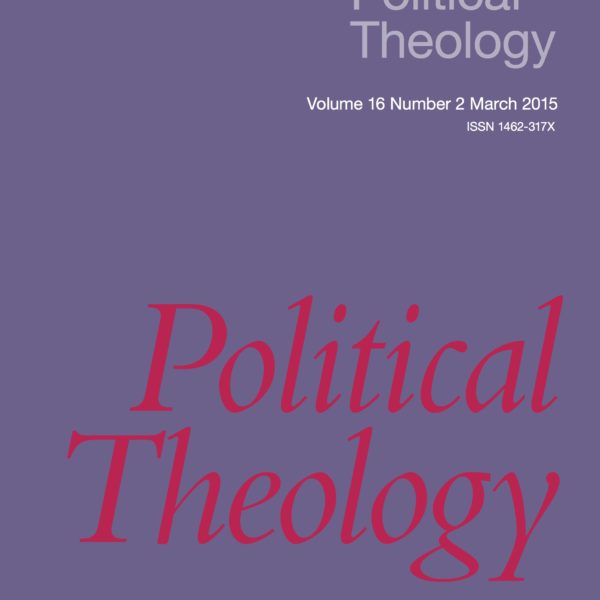
The journal Political Theology is very pleased to announce new members of its editorial team who will further the journal’s geographical diversity and will strengthen the journal’s interdisciplinarity. New editorial team members include Ruth Marshall, a scholar with joint appointments in political science and religion at the University of Toronto; Elizabeth Phillips, a theologian at Cambridge University; and Timothy Stanley, a philosopher of religion at the University of Newcastle, Australia. Brad Littlejohn, the managing editor of the journal’s blog, will continue in that capacity and will now be recognized as Associate Editor for the Blog.
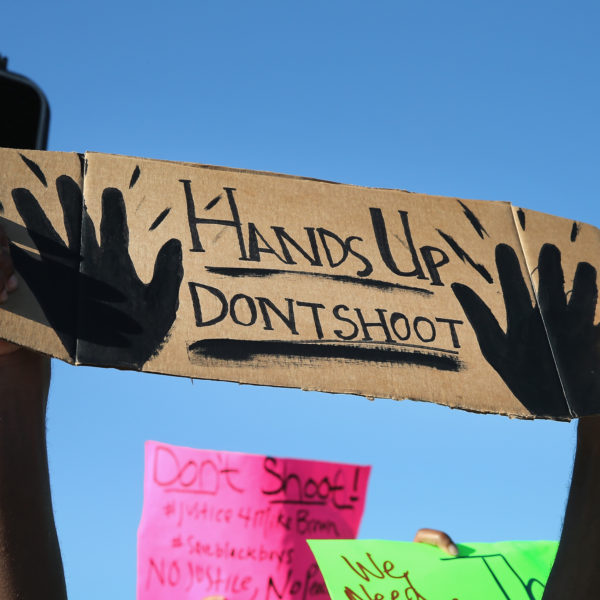
In the 17th of July, 2014, Eric Garner died after being placed in a chokehold by Staten Island police during his arrest for the suspicion of selling loose cigarettes. Less than a month later, on August 9th, Michael Brown was shot to death in an altercation with Darren Wilson, a police officer in Ferguson, Missouri. Both cases raised significant concerns about civil rights, about the possible militarization of policing in American cities, and about the treatment of minority communities by white police officers and white police forces. In response to the furor that arose, the two district attorneys, Robert McCulloch in Ferguson and Dan Donovan in Staten Island, sought to quell community distrust by going to extraordinary measures.

I would not shoe-horn the following contributions into the terms of the remarks posted yesterday, yet there is a familial space where kindred concerns find different expression with these authors. Christoph Schmidt focuses on Rene Girard’s defense of Christianity in encounter with Nietzsche in terms of Nietzsche’s antithesis between Christ and Dionysius. Girard identifies this as the antithesis of modernity as such.
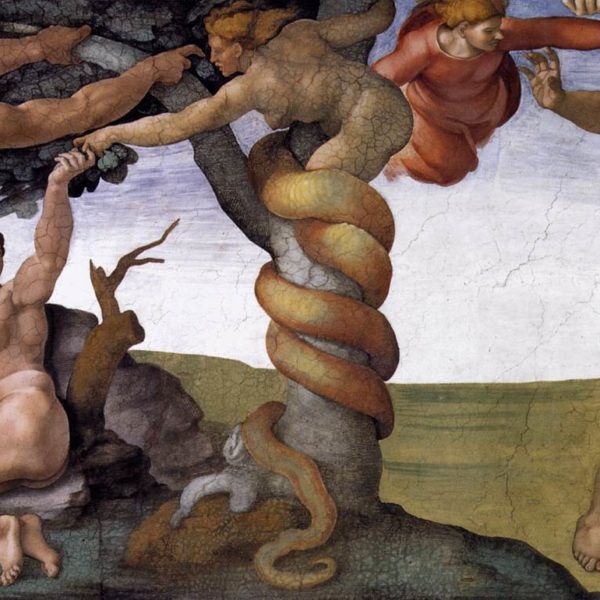
William Desmond (Institute of Philosophy, KU-Leuven, and Department of Philosophy, Villanova University) introduces the latest issue of Political Theology (guest-edited by Péter Losonczi), which is devoted to the theme, “Evil and Political Theology.” His lengthy introductory essay appears here in two parts, first introducing the theme in general, and tomorrow introducing some of the particular contributions.
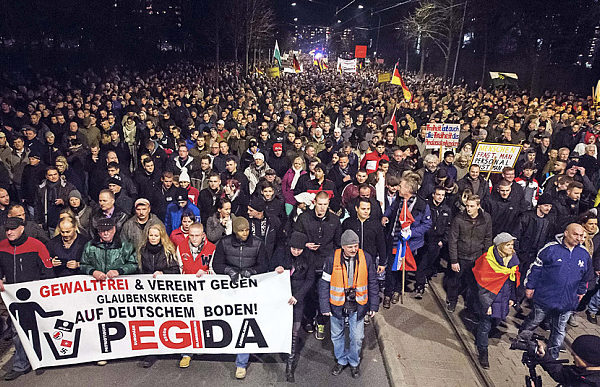
If 9/11 was the start of a moral panic in the West that the “clash of civilizations” was now underway, the tragic killings at Charlie Hebdo may have driven this panic to a new high. After all, Hebdo has a unique symbolic significance. Its satirical anti-clerical journalism represents the most valuable cultural assets of the West—freedom of speech and secularism. Moreover, Hebdo is French, and the French nation historically played a pivotal role, with its bourgeoisie revolution and laicite, in the making of Western civilization.
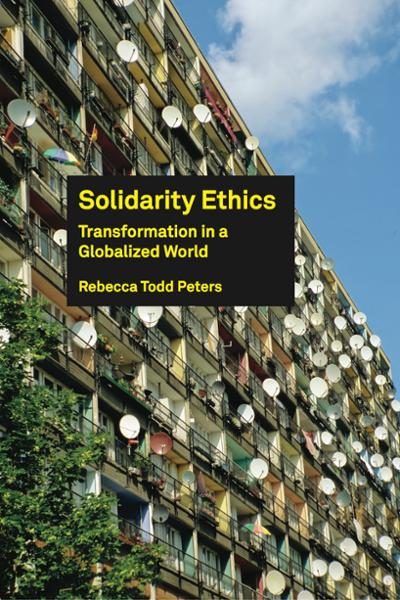
A 2005 New York Times poll discovered that 80 percent of US citizens believe that it is indeed possible to pull yourself up by your own bootstraps (quoted on p. 70). In her new book Solidarity Ethics, Rebecca Todd Peters argues that it is this belief in self-sufficiency that, in part, underwrites the structural issues of oppression and inequality of our neoliberal globalized world. Global structural evils stand on the values and worldview of the privileged. And the benefits of privilege are so deeply woven into the fabric of our quotidian realities that it requires a concrete change in perspective—a conversion, in fact—to recognize the problems this privilege also creates for others.
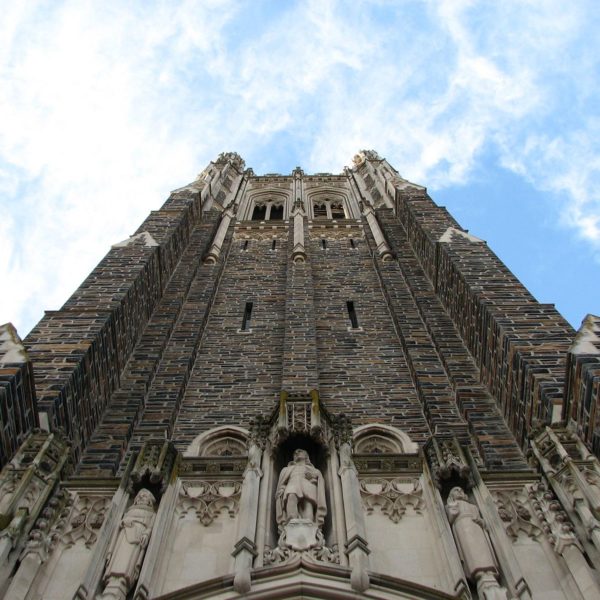
The proposal to proclaim the adhan or Muslim call to prayer from the top of Duke Chapel’s bell tower yesterday provoked a number of reactions. These ranged from the vitriolic and vengeful to the dismayed and discomforted. From the deluge of emails the university received and the long strings of comments posted after articles covering the issue appeared on websites, these overwhelmingly negative reactions came not just from Christians but also from Jews and those of no faith.

In the midst of the Arab uprisings, the now famous magazine Charlie Hebdo published one of their traditional satirical covers. They titled the issue “Killings in Egypt” and drew the figure of a Muslim religious activist who was riddled with bullets. The subtitle was more than eloquent: “The Koran is a piece of shit,” the agonizing Muslim was made to say, because “it does not stop bullets.”
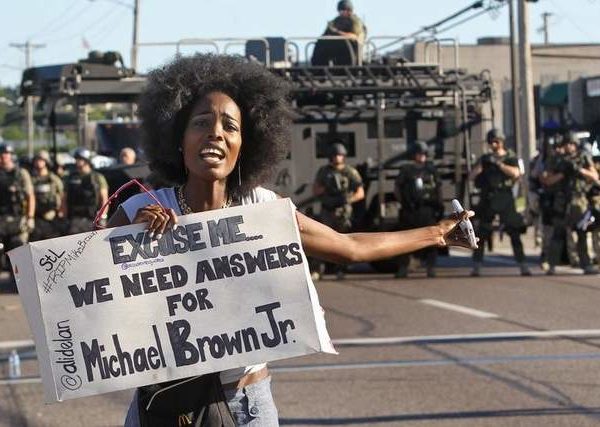
In the public imagination, dualism rules the day. The dualistic mindset sees things in pairs, and tends to perceive only absolutes. Evil must be balanced by good. The ways of righteousness have nothing to do with the ways of wickedness. Such dualism has characterized the fevered public discussion following the incidents involving Michael Brown and Eric Garner.
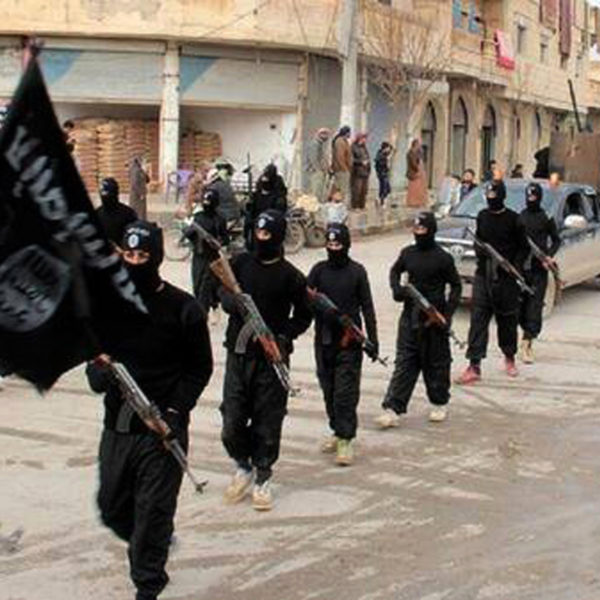
“When all the women were dead, the jihadists burned their bodies inside the houses. After they had finished with the women, the jihadists went back to …where they had locked the children. ‘They brought out the little kids – two, one and a half, three years old – they took them out holding on to each other. They took the groups and killed them with knife stabs’.

Living as a first-world citizen in a globalizing world presents a great moral challenge. Many people are aware that the wealthiest 20 percent of the world’s population consume 76.6 percent of the world’s resources, while the world’s poorest 20 percent are left with 1.5 percent. However, fewer people are aware that while basic education for everyone in the world would cost six billion dollars, US Americans spend eight billion dollars annually on cosmetics; that while water and sanitation for everyone in the world would cost nine billion dollars, Europeans annually spend eleven billion dollars on ice cream

…Instead of treating contemporary consumerism as a wholly negative phenomenon, Augustine suggests we look at the issue differently. The behaviour of the shopper or spiritual tourist is the way it is because of the deep structure of the human condition. The longing for fulfilment is at root an existential need: a secularized version of the call at the heart of Augustine’s Confessions: ‘You have made us for yourself, O Lord, and our hearts are restless until they rest in you.’
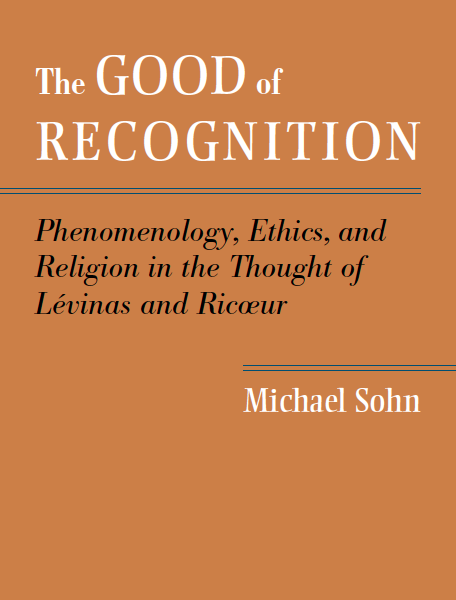
The language of recognition is of such frequent use that its presence in everyday and academic discourse is striking, and yet critical examination of its meaning remains largely absent. Its frequent use is evident in the legislative acts promulgated, the public policies written, and the social struggles waged in the name of it. Its application touches upon a broad spectrum of issues ranging from multiculturalism to national sovereignty, from matters of international human rights to social movements within feminism and civil rights.

Within Christian traditions, one may be met with this provocative question: does “political theology” or “social ethics” sponsor liberative practices oriented towards human flourishing? Interestingly, the framing of this question requires one to choose a side. One must argue that either political theology or social ethics is poised to address the myriad theo-ethical issues we face, particularly issues of difference, pluralism, and alterity. I believe that this is a false framing of the question.
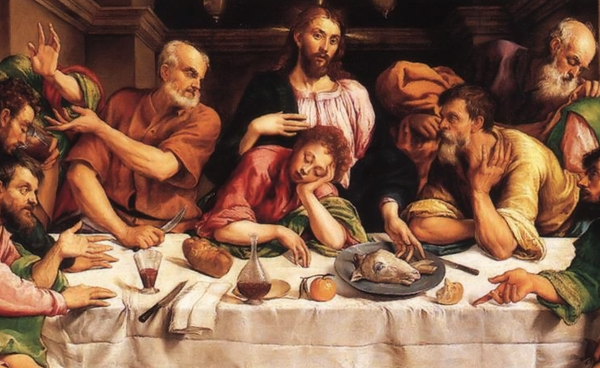
In his richly devotional book Writing in the Sand, the psychotherapist and former monk, Thomas Moore makes an intriguing hermeneutical suggestion. When we explore the ministry of Jesus and its contemporary implications, one fruitful exercise is to view his actions through the lens of the ancient philosophy of Epicureanism. At first glance, such a suggestion seems antithetical to any faithful rendering of the New Testament.
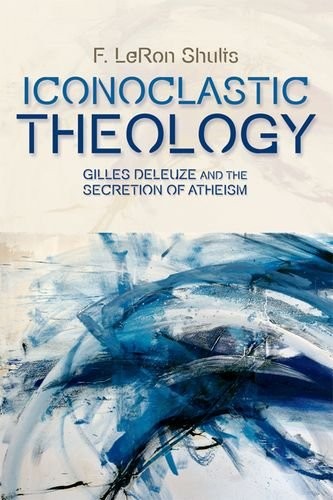
In his new book, LeRon Shults gives us a very helpful tool to help evaluate religion and politics in the context of Deleuzian “theology” in what he calls the “bio-cultural study of religion, ” which claims that “religious phenomena can be explained by the evolution of cognitive processes [Attributions] that over-detect human-like forms and coalitional process [Social] that over-protect socially inscribed norms.”

In a recent video (Humans Need Not Apply) CGP Grey challenges us to imagine a future in which the majority of human work will be performed by ever-more finely-calibrated machines (coordinated by ever-more complex software). Lest we doubt it, he suggests that the seeds of this future are already with us.
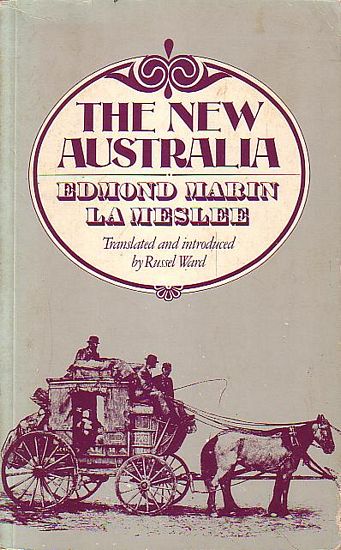
For decades now, we seem to have been living in “end”: the end of history, the end of ideology, the end of theory. Parties nominally of the left (“New Labour”, “Wall St Democrats”) joined those of the right to enforce “democracy” abroad and a “third way” of free market reliance at home. Ideologues and theorists had ceded decision-making to technocrats, and no one need worry about such esoteric matters as justice or fairness, since all we had to do was sit back and let a properly-tuned market deliver optimal outcomes to everybody.
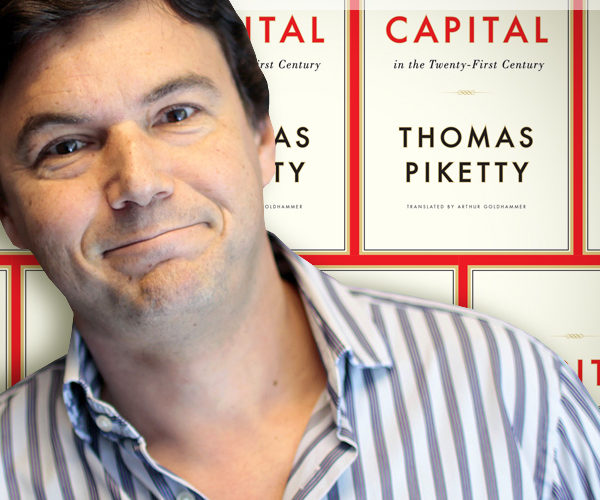
This is the second of two posts reviewing Thomas Piketty’s Capital in the Twenty-First Century and pointing out why it is of interest to those concerned with religious ethics and political theology. In the first installment, I summarized Piketty’s findings on the reality of inequality today and the distinction between income from labor and investments, with its implications for justice in societies. In this post, I examine some of Piketty’s broader conclusions.
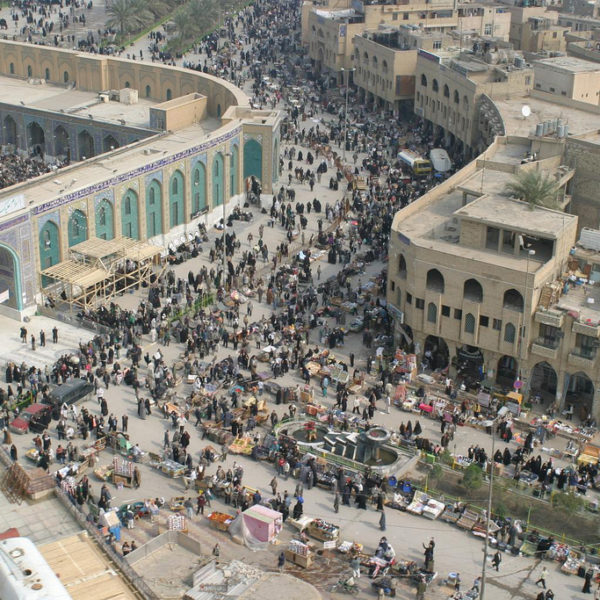
. . . What makes the ideology of ISIS appealing to its members and young recruits, especially those who travel from Europe and desperately want to join the fight, is actually the global message that this group tries to address to its Muslim audience. It has declared its determination to go beyond the parochial nationalist discourse and to establish a sovereign Islamic caliphate that aspires to global jihad.

Despite its intimidating size and scope, Capital has the potential to be extremely helpful to scholars and activists concerned with inequality, and I hope to convince at least a few readers of Political Theology Today to add it to their reading lists. Like all economic works, Capital makes claims about what is good for humans, human nature and motivations, and social justice.
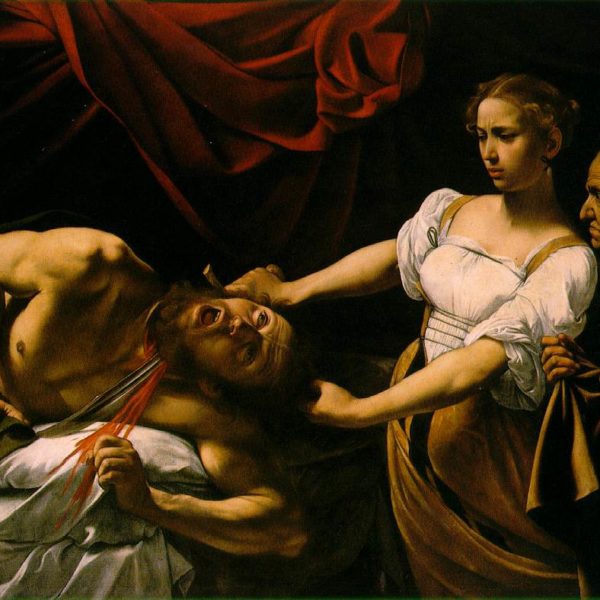
Later Calvinist texts, like the famous Vindiciae, Contra Tyrannos, would go further than the Reformer and claim natural law defenses for resistance.[1] I want to contend that Calvin’s principles provided a basis for this kind of argument, even though Calvin did not take this route in his own thinking. And the place to begin this line of argument, I think, is with his comments on the sixth commandment.
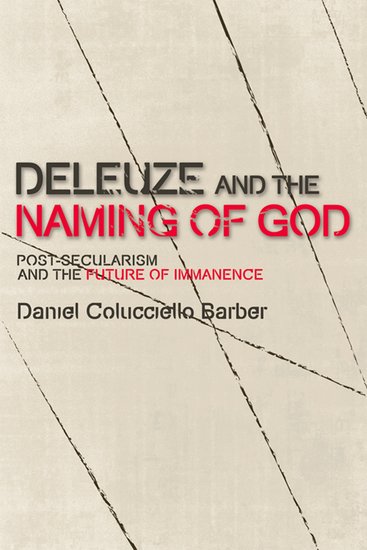
This book emerged from my attempt to understand what is going on when Deleuze’s philosophy speaks about creation. Along these lines, “Deleuze and creation” names the problematic that consistently runs throughout the book, even as addressing this problematic requires working within the distinct registers of the philosophical, the theological, and the political.
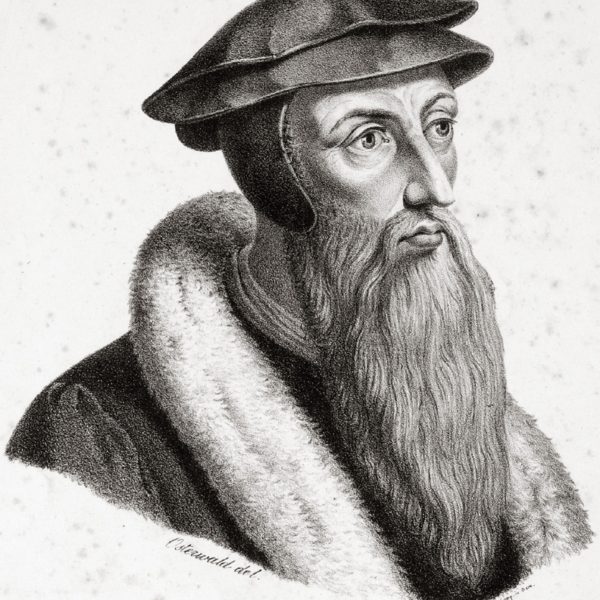
…Just considering very recent history, from the Arab Spring to South Sudan to Ukraine, revolution and resistance has been a very real part of our world. The popularity of this idea in cultures spanning the planet gives the political theologian pause. Is the apparent widespread support for this kind of act an expression of common grace, a preservation of the light of practical reason in spite of the fall? Or is it simply an expression of the rebellion bound up in the heart of our fallen species?
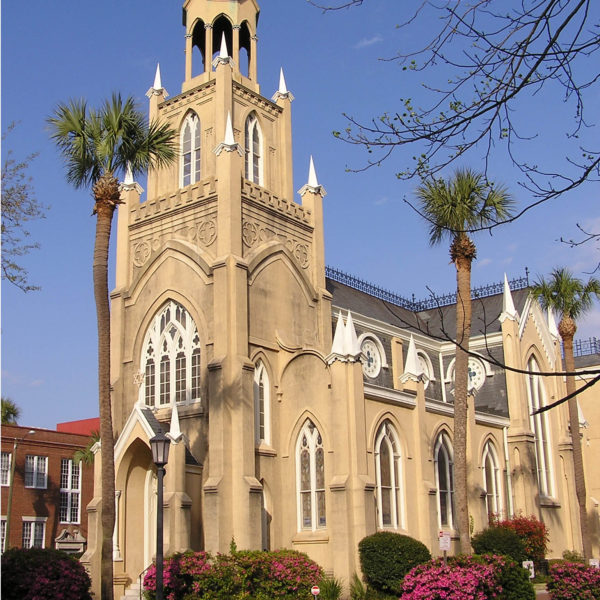
I thank both Timothy Simpson for taking the time to respond to my post and the current editors of Political Theology Today for allowing me to respond. It is an uncomfortable issue for people on all sides of the debate. I can only imagine the frustration wrought by “having been the target of barbs by both Christian and Jewish Zionists.” If my tone is irenic, I can only be glad; I do not desire to be the cause of frustration (even at those moments when I feel frustration). If Rev. Simpson views my tone as irenic, I find the content of his response to be ironic.
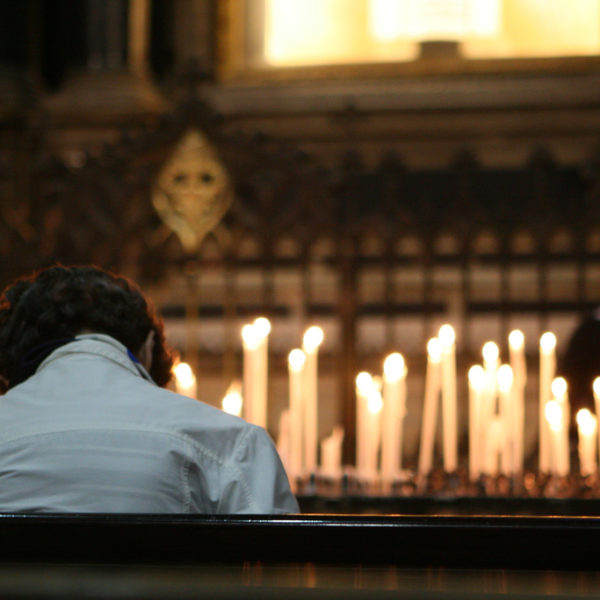
Last month, speaking to a crowd in St. Peter’s Square, Pope Francis declared that “to torture persons is a mortal sin. A very grave sin.” Relating his comments to the United Nations’ International Day in Support of Victims of Torture, the pope condemned “every form of torture and invite[d] Christians to commit themselves to work together for its abolition and to support victims and their families.” These exhortations paint a very different picture than UN Committee Against Torture findings on the Vatican’s handling of sexual abuse within the church.
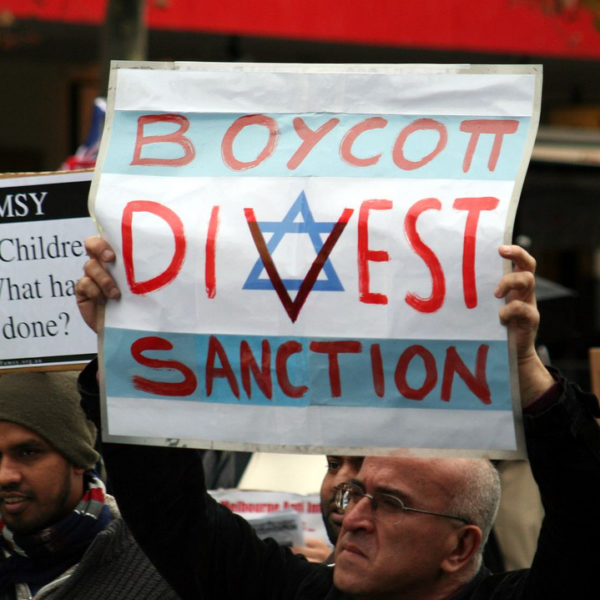
As I compose this, the gloves are being taken off on all sides, and in every direction, over the matter of the Presbyterian Church USA’s 310-303 approval of divesting from three companies (Caterpillar, Motorola Solutions, and Hewlett-Packard) whose business with Israel are seen to impact the Israeli occupation of Palestinian territories.
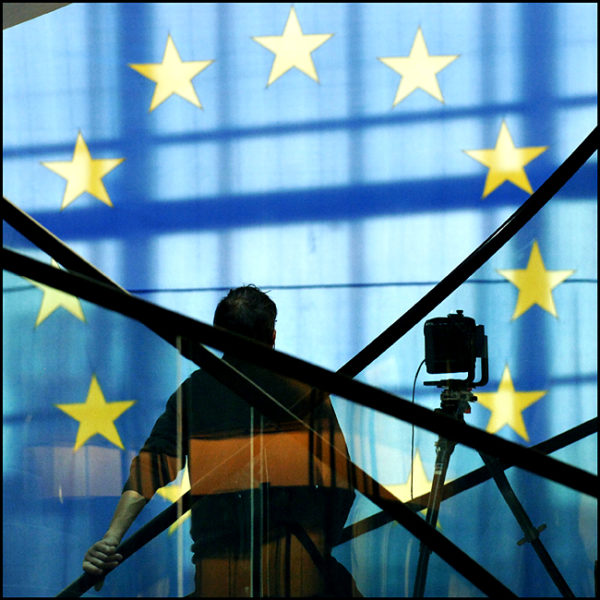
After half a dozen years of economic decline and political hardship EU measured its demos in the elections to the European Parliament. The result was just about expected, though probably not at all what the ”Europeans” — whoever they are these days — were eager to see. Given a choice between a commitment towards the globalization of world politics and going home, going home, by and large, won.
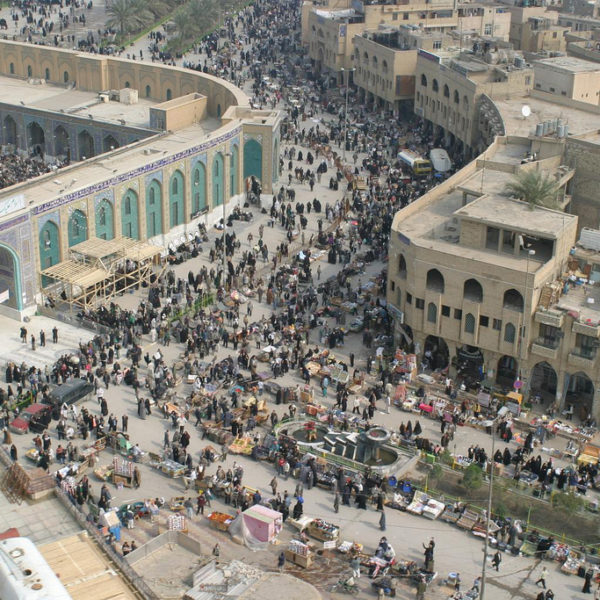
The attack of The Islamic State of Iraq and al Sham (ISIS) on Mossul and its march on Baghdad has taken the international community by surprise and raised the possibility of another US intervention in Iraq, with the hope it could prevent the downfall of the country into a sectarian war. Such a scenario is highly improbable because of the nature of the Iraq crisis that is first and foremost political and not religious.
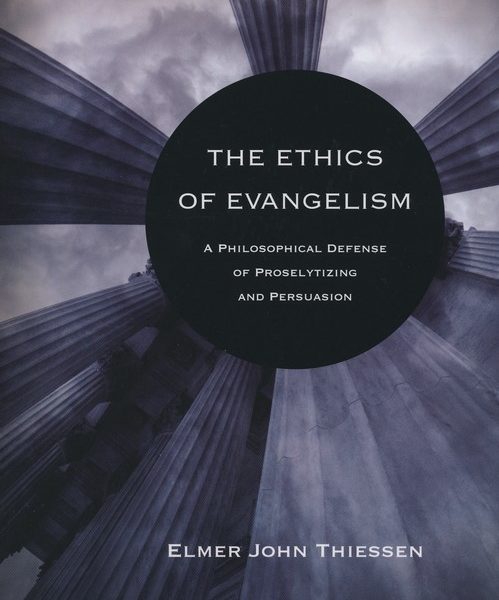
The activity of religious proselytizing or evangelism is often under attack, and would seem to be increasingly so today. Sometimes critics suggest that most proselytizing is immoral, while at other times they call into question the very institution of proselytizing. In other words, proselytizing is considered to be immoral by its very nature. This opposition to proselytizing spills over into the political realm, with at times growing world-wide restrictions on religious freedom and the right to proselytize.

The myth of Captain America introduces us to a serious quandary. Can liberal democracy be de-coupled from violence or is it doomed to repeat old battles? For Christians the question is doubtless a complex one. The Church can doubtless find much in Rogers’s democratic creed to admire; his sense of self-sacrifice, his public spirit and sense of civic duty. There is something of the righteous pagan in the Captain America myth which should not be lightly dismissed.

On the surface Captain American: the Winter Soldier is a cinematic triumph of patriotic romanticism. Whatever injury has been done to the American psyche in the early part of the twenty-first century, Marvel has done its best to bind these wounds and produce a tour de force of idealism for a less than idealistic age. Captain America has done for democratic virtue what the West Wing did for American government.
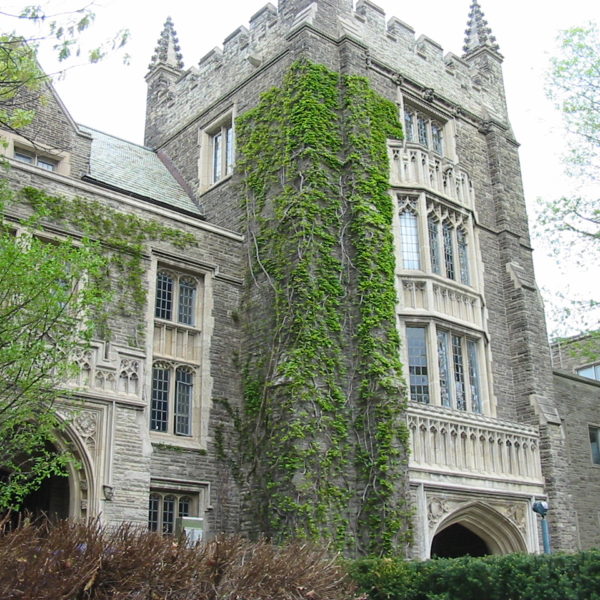
In the academic setting of Religious Studies, developing curricular spaces in which to thematize the relationship of religion and politics is a highly effective way both to engage undergraduate students, and to tap into and develop the research interests of graduate students. Over the past several years, I have developed courses at both levels in this area.
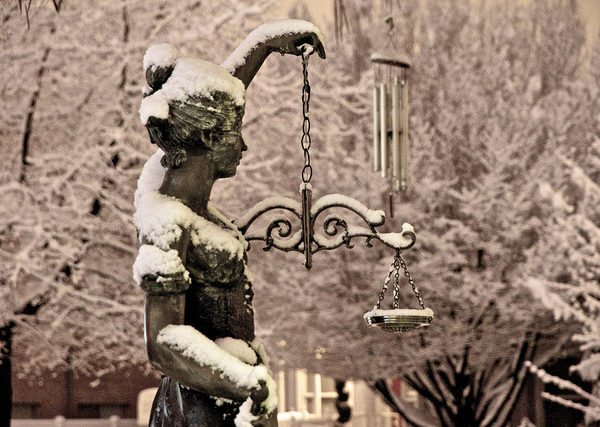
While many analysts contend that a carbon tax is the most effective and efficient climate change mitigation policy available to the U.S., one of the most significant obstacles to the legislation of a national carbon tax in the U.S. is American’s basic aversion to taxation. In view of Americans’ antipathy towards taxation, the Thomistic virtue jurisprudence proposed by Cathleen Kaveny in her book Law’s Virtues can dispose Americans to support a national carbon tax.
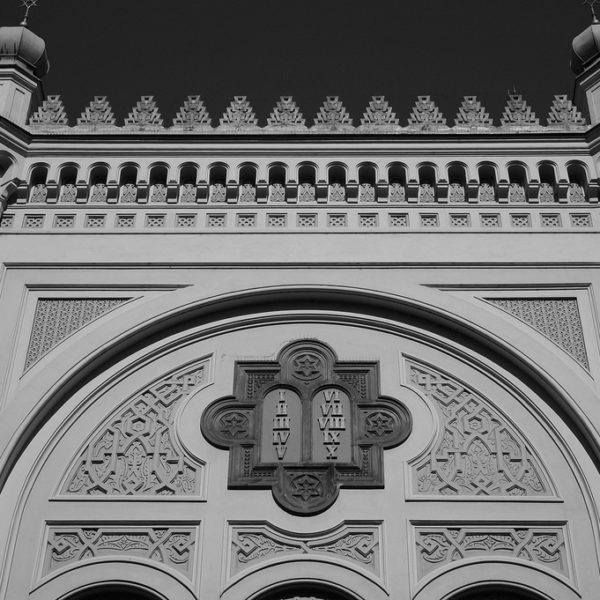
Judith Butler’s Parting Ways proposes a “Jewish” critique of state violence. But to my mind its real success is in arguing persuasively for a model of identity that places relationality and dispossession at the heart of human political experience. She forges her claim through readings of 20th century thinkers all touched by persecution and the experience of statelessness. These include Jews and non-Jews alike.

The reception of Parting Ways has been an instructive gauge of the political temperature of U.S. conversations about Zionism. Putting the phrase “critique of Zionism” in the title is bound, for better or for worse, to garner an audience. It seems that everyone has an opinion, even those who’ve never read the book.
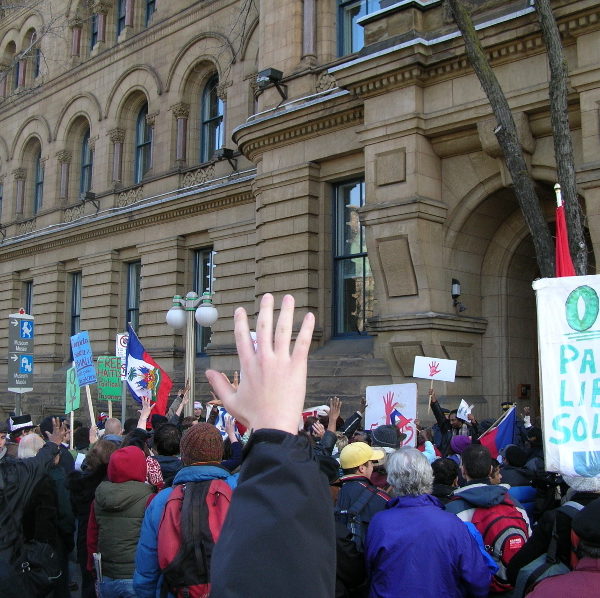
. . . As you can tell from the course description, I even started the course by asking, in effect, “Why are people using this term?” I’m still not sure that I know the answer to that question almost five years later. In teaching the course, the question of the academic worth of the material was at the forefront of discussions during the entire semester. “What was wrong with liberalism again?” was a question that, sometime around week six, took on full zombie status: it would just not die.
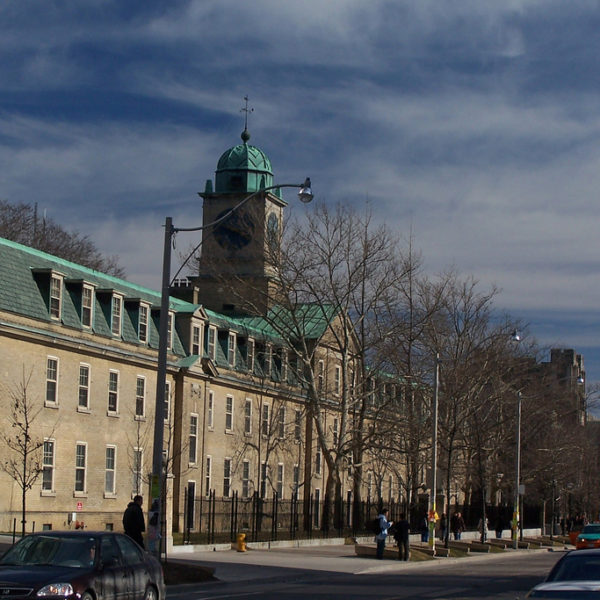
I first taught this graduate seminar in 2008 as a “Topics in Political Thought” course, and called it “Political Theologies” – a political theory seminar, cross-listed with Study of Religion. Part of the motivation for teaching it was finding a set of themes and readings that would work well in a cross disciplinary way, as I’m jointly appointed to both Political Science and Study of Religion.

. . . A “nudge”—a term brought to public attention by Cass Sunstein and Richard Thaler—generally refers, in the policy world, to a small modification to an already existing “choice architecture,” some context in which we make decisions; the modification is meant to promote certain decisions over others, in a context where some such promotion is inescapable.
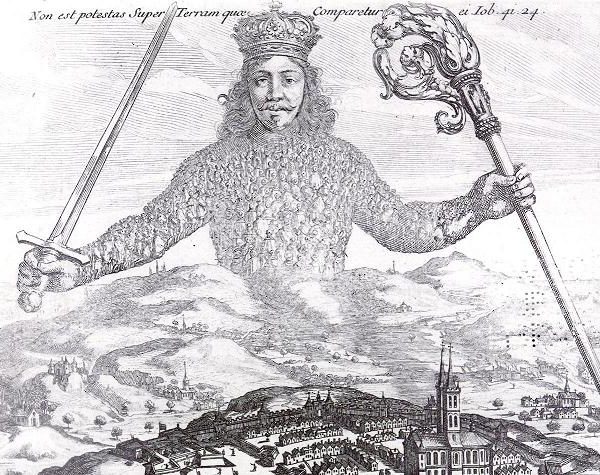
. . . We begin with a first dip into the conceptual issues (the issues of political form, legitimacy, cosmic analogy, acclamations, secularization) by reading the third chapter of Schmitt’s Political Theology. Then we move on to show that grounding “political form” (Schmitt) by embedding it into a cosmic structure has been an issue at least from the Hellenistic period (if not before).
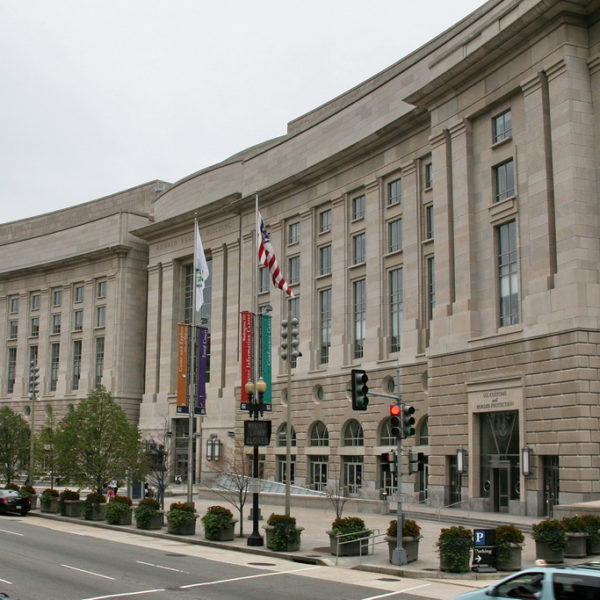
We were happy to have received these provocative responses to our original piece, and appreciate the chance to extend the conversation. We hope that in what follows we adequately answer some of the concerns raised by professors Vallier, Boer, and Baker and Watson about our original essay, and advance discussion on two levels.
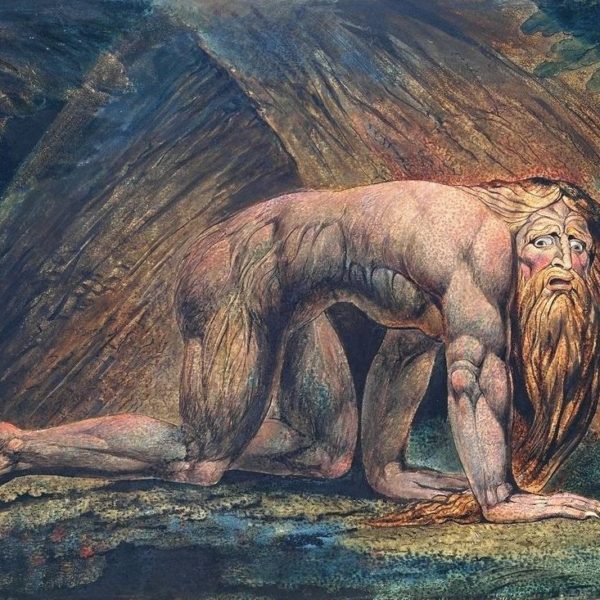
The first goal was to open up how students “read” a text, which in turn means opening up how they understand both “scripture” and religion. In that regard I consider myself a Blakean – I read the texts as poetry, most of all, but reified into “theology” and law by “priestly” types, so that, to experience those texts again we must go behind how catechisms have taught us to read them.

When I was asked to contribute syllabi on political theology I thought it would be a great chance to look back and reflect on how my thinking and teaching on the topic have evolved. I think of a course I am currently teaching under this rubric, even though its title and official description eschew all reference to theology, and some of the very first courses I taught were expressly geared toward the topic of political theology.
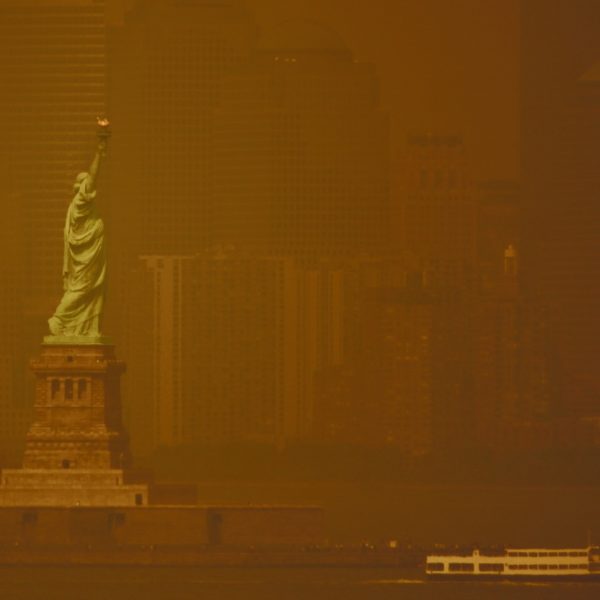
In a recent article defending a “nudge” approach to public policy, where behavioral economics is employed to provide mild modifications of individual preferences and behaviors in ways that serve said individuals’ good, Charles Mathewes and Christina McRorie take Richard Williams to task for his “libertarian” criticisms of the nudge approach. I’m rather sure that the libertarianism they attribute to Williams is neither necessary for his argument or a remotely accurate portrayal of libertarianism as a political philosophy.
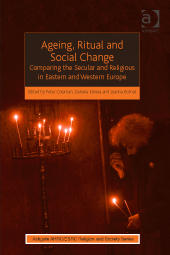
Our book connects the subject of ageing with that of religion in contemporary European society. This might seem a natural association to make but in fact is largely missing in current research in both gerontology and religious studies. . . . The study of ageing in its turn has also given limited attention to the role of religious faith and practice, as well as to secular alternatives to religion, in providing existential meaning to older people’s lives.

We would like to begin with agreement on something fundamental. The team of Mathewes and McRorie are surely correct about the persistence of nudging in our lives. We are nudged by the cereal company that pays to have its product on the top shelf. The little tables at the end of aisles in Barnes and Noble are miniature subdivisions with real estate sold to publishers. Those tiny neighborhoods of books are nudges.
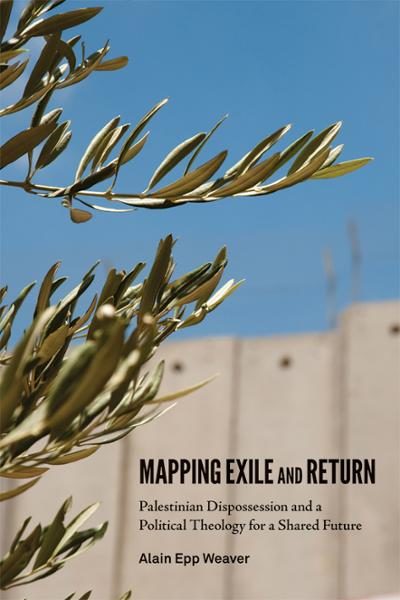
What political theologies are embedded in and shape Zionist and Palestinian refugee mappings of space and place? This is the animating question of my new book, Mapping Exile and Return, which stems from my doctoral studies in theology at the University of Chicago and 11 years of work in the Middle East.

For me the field of political theology does not exist in isolation from a number of other disciplinary genres. There are some older texts which helped mark out the territory and possess a kind of classical importance. That claim needs to be seen in perspective. I am writing out of Australia and, prior to living here, taught theology in Aotearoa-New Zealand following postgraduate study at Cambridge.
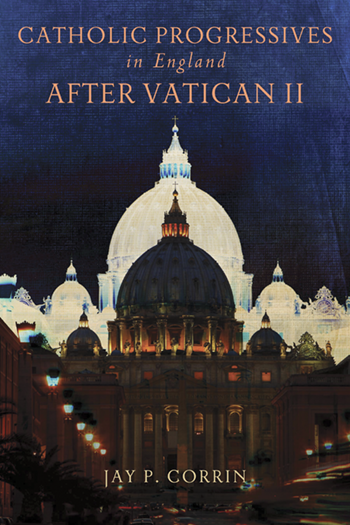
This book examines the development of Catholic social philosophy from the end of World War II up through the turbulent 1960s. Vatican Council II can be seen as the culmination of the Catholic liberal or progressive tradition, the earlier history of which was the subject of my previous book Catholic Intellectuals and the Challenge of Democracy (2002). Thanks to the ground-breaking work of such Catholics as Jacques Maritain, Virgil Michel, Hans Küng, John Courtney Murray and others, there was in place by the calling of Vatican II a theological platform from which the Church could launch a progressive approach to the secular challenges of the modern age.
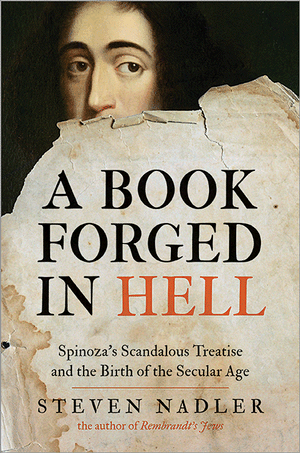
Writing in May, 1670, the German theologian Jacob Thomasius fulminated against a recent, anonymously published book. It is, he claimed, “a godless document” that should be immediately banned in all countries. His Dutch colleague, Regnier Mansveld, a professor at the University of Utrecht, insisted that the new publication was harmful to all religions and “ought to be buried forever in an eternal oblivion.” Willem van Blijenburgh, a philosophically inclined Dutch merchant, wrote that “this atheistic book is full of abominations … which every reasonable person should find abhorrent.” One disturbed critic went so far as to call it “a book forged in hell”, written by the devil himself.

“Those who espouse the Just War ethic must continually be ready to review the premise of the theory- the conviction that lethal force merits moral support.” At times throughout history certain advancements have caused ethicists to reconsider and revise their views on Just War. This includes military developments from the Trojan Horse to the catapult; the bayonet to nuclear bombs; chemical weapons to women as combatants.
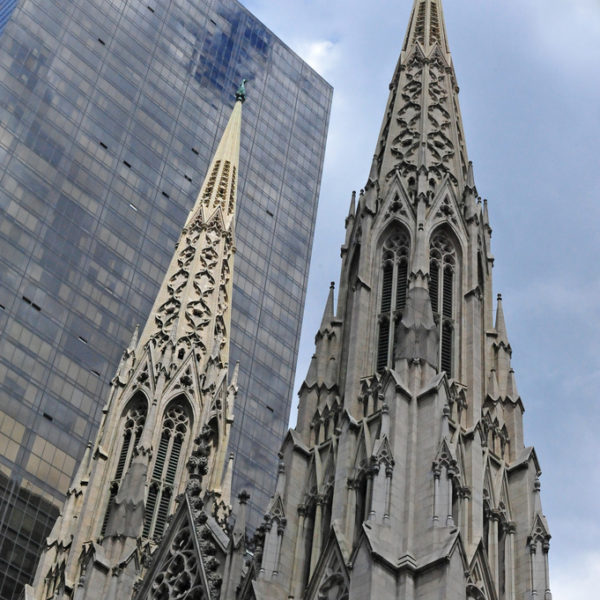
On November 30, 2013, Ross Douthat offered a thoughtful reflection in the New York Times entitled “The Pope and the Right” in which he considered how politically and economically conservative U.S. Catholics might respond to the economic vision articulated by Pope Francis in his apostolic exhortation Evangelii Gaudium. Although a critique of this particular article might prima facie seem limited in scope, such an analysis in fact highlights the concepts of fundamental values, root paradigms and “global pre-scientific convictions” in a way that can contribute to broader questions and assessments of Catholic responses to Evangelii Gaudium in particular and Pope Francis in general.
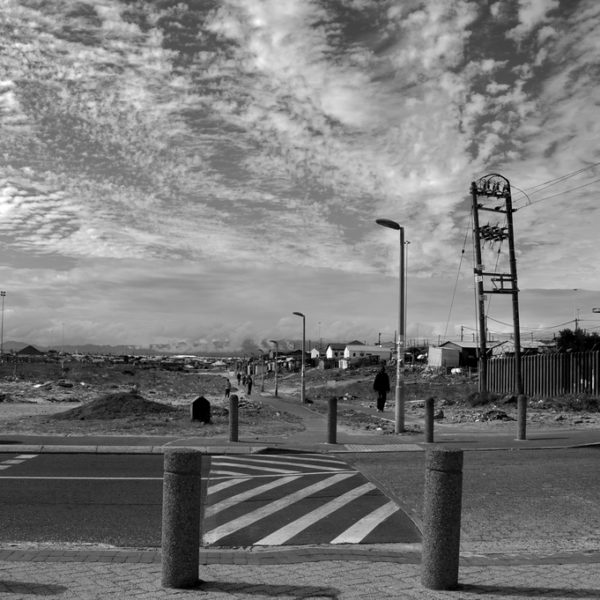
It would be nice to be able to write the following in the wake of Nelson Mandela’s demise: Mandela was a freedom fighter to the end, a figure whose legacy has not only brought justice and equality to the people he left behind, but also has worked as a moving inspiration for the world leaders who gathered last week to bid his spirit farewell.
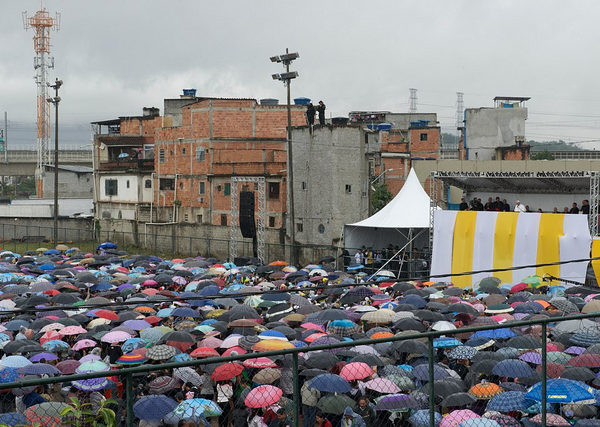
A number of years ago, as I was trying to finalize my dissertation proposal at a large Catholic university, I ran into some problems. My topic was the preferential option for the poor and U.S. middle-class Christians. I knew I was stretching some of the boundaries of theological ethics by focusing on class analysis and the philosophical underpinnings of “The American Dream” as obstacles to faithful expression of the option for the poor in the U.S.
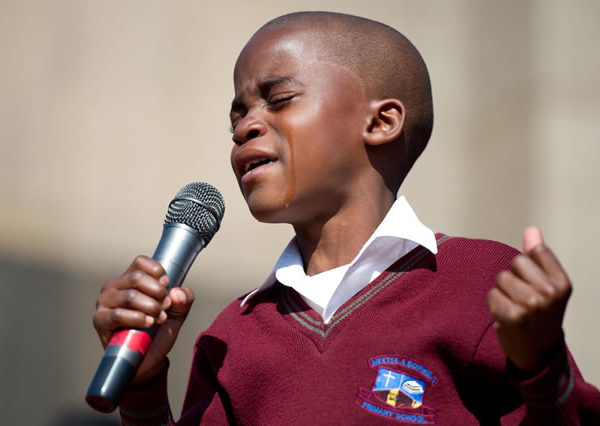
“Have you heard that Mandela died?” The staggering impact of this question took my breath away as I stepped into the office after a full day of classes on Thursday, December 5th. I texted my daughter who had grown up in South Africa, with these simple words, “Wow – this is huge!” Mourning the loss of Mandela has been an enormous undertaking.
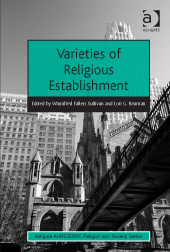
Re-thinking the intersection of law and religion today tends to proceed from a concern for the limits of religious freedom and a critique of the foundational historical, social, and cultural presumptions about religion that are seen to undercut or frustrate the possibility of advancing religious freedom.
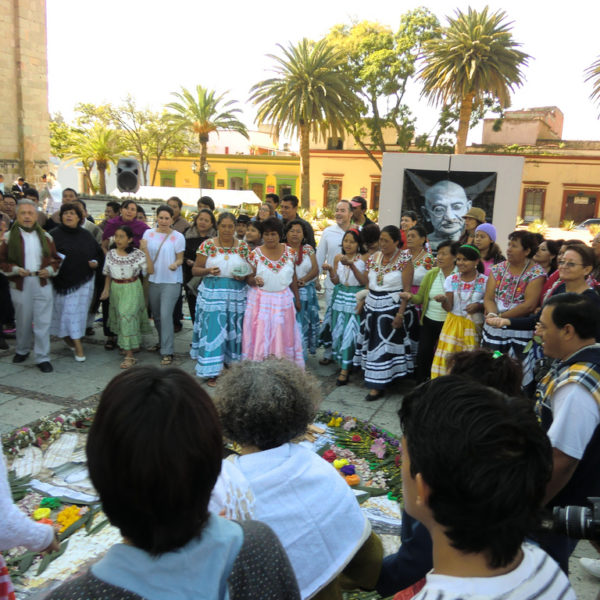
At the very least we might say that both nonviolence and pacifism should attempt to understand and redirect violence. And maybe we should shelve the tired terms for a spell and speak of life-giving or death-dealing acts, which might reframe exhausting debates about property destruction. Pacifism should not be at odds with physical force, with the force of physicality such as sit-ins, strikes, human chains, roadblocks, or even strategic property destruction.
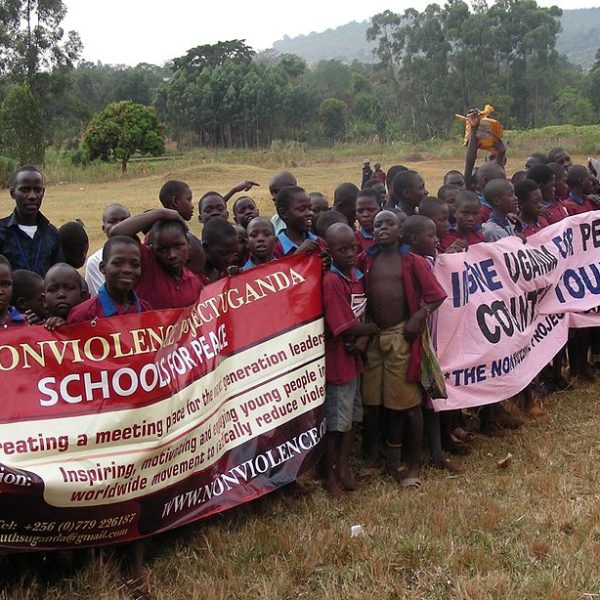
Nonviolence and pacifism are often pitted against one another, even though pacifism was once considered the activist term to distinguish it from nonresistance. Now, pacifism is thrown under the bus, even by vigorous advocates of nonviolence. For instance, Gene Sharp clarifies that nonviolent action is, appropriately, action that is nonviolent, as opposed to pacifism.

Today, Catholics celebrate the feast of one of the church’s most beloved saints, Francis of Assisi. Francis had both a special concern for the poor and a deep appreciation for God’s presence in all creation, and in recognition of this unique charism Blessed Pope John Paul II declared Francis patron saint of “those who promote ecology” in 1979. That declaration has caused Francis to be associated in the minds of many Catholics with the church’s commitment to environmental stewardship.
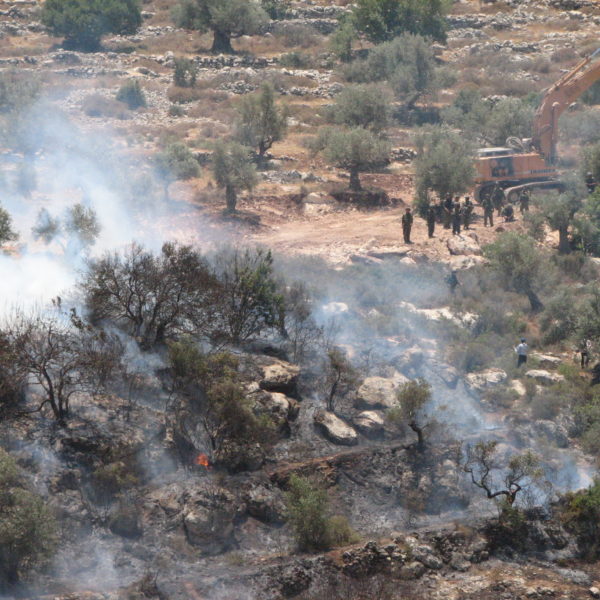
In 2008, I worked in Ramallah as a journalist and interim editor for the Palestine Monitor, a web-based news source committed to “exposing life under occupation.” I traveled throughout the West Bank, writing several articles about the village of Ni’lin, whose olive groves and roads are fractured due to the construction of the separation wall.
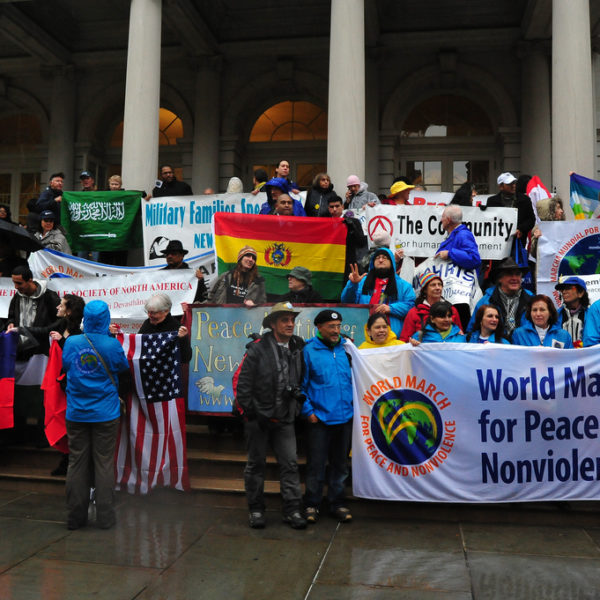
Apparently, nonviolence and democracy are strongly connected. Recent research suggests that nonviolent resistance campaigns are much more likely than violent ones to pave the way for “democratic regimes.” . . . But what, in the world, is democracy? The term resides in a restless spectrum, so perhaps the adjective democratic should be employed more than the noun.

NATO’s humanitarian war in Kosovo in 1999 provides the context for the central idea of this book. In that conflict, the puzzling linkage between the desire to advance human rights and military means raises far-reaching questions about the role of rights in shaping international wars. Is it possible to understand or explain wars as an outcome of perceptions of rights? How did rights, be they divine rights in the Middle Ages, territorial rights in the eighteenth century, or human rights today, become something that people are willing to fight and die for?
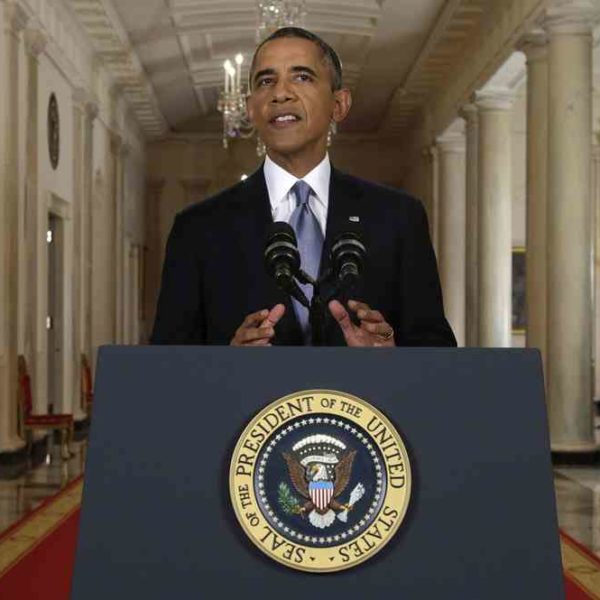
Last night in his second national address on the global response to the use of chemical weapons in Syria, President Obama asserted: “If we fail to act, the Assad regime will see no reason to stop using chemical weapons. . . . As the ban against these weapons erodes, other tyrants will have no reason to think twice about acquiring poison gas and using them.”
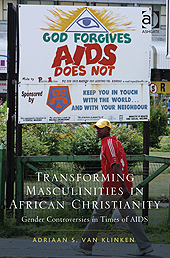
In its report Men and AIDS: A Gendered Approach (2000), the United Nations programme on HIV and AIDS, UNAIDS, has highlighted the critical role of men and prevalent concepts of masculinity in the spread of HIV and the impact of AIDS globally. Where earlier work on gender and the HIV epidemic tended to focus on women and their specific vulnerabilities vis-à-vis the HIV virus and the stigma surrounding AIDS, this UNAIDS report illustrates the shift towards men and masculinities.
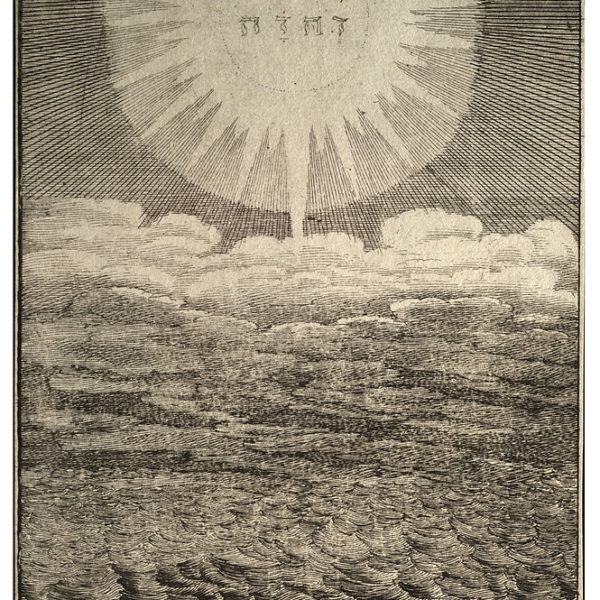
August 28th 2013, reminded us of the power of the spoken word as the world commemorated the 50th anniversary of Rev. Martin Luther King Jr’s historic “I Have a Dream” speech. What was celebrated was the moral power of words to transform history – this despite the risk and tragedy of empty rhetoric which has inundated it.
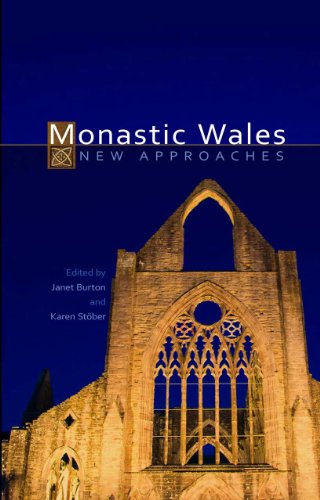
Medieval religious houses were more than enclosed communities of men or women who spent their lives in prayer and worship, striving for their own salvation and interceding for the salvation of humankind. Clearly this was part of the story – it was not for nothing that the medieval historian Orderic Vitalis called monasteries ‘citadels of the Lord’, or that monks were commonly regarded as spiritual soldiers fighting against the power of the Devil and his cohorts.
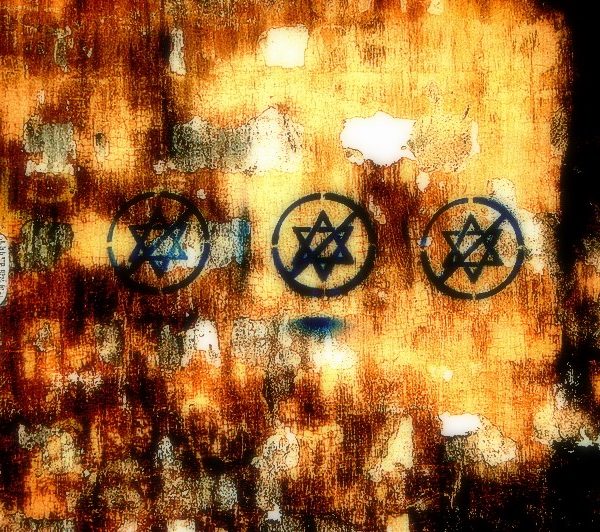
n the matter of U.S. support for Israel, religion and politics operate as Tweedle Dum and Tweedle Dee, reinforcing each other in a slapstick display of tomfoolery. Although presidents have for decades lodged verbal objections to settlement expansion in the Palestinian territories, the Congress continues to authorize 3.2 billion dollars per year for Israel while Christian Zionist organizations send tax-exempt millions directly to the settlements.

The prophet Isaiah was a city dweller, but his mind was on the countryside. Trees, vineyards, and fields populate his thinking and that of his successors in this long book, where vegetation serves both as metaphor (as in Isaiah 5:1-7), and as the life-sustaining growth on which humans literally depend (as in vv. 8-10). Agricultural imagery appears from one end of the book to the other (1:8; 66:17), spelling out both judgment and hope.

Can a people, after having duly consented to the formation of its government, remove that government using procedures not authorized by law? To put the question differently: can the formal legitimacy that a people provides a government preclude that people from exercising its sovereign power to strip those holding formal legitimacy of power, even though those in power have not violated the express terms of their compact with the people? These are the paradoxical questions that are at the heart of the political crisis in Egypt where duly elected president, exercising powers pursuant to a duly enacted constitution, was overthrown by the “people” who acted outside the formal rules “the people” had enacted for removing or otherwise disciplining its president.
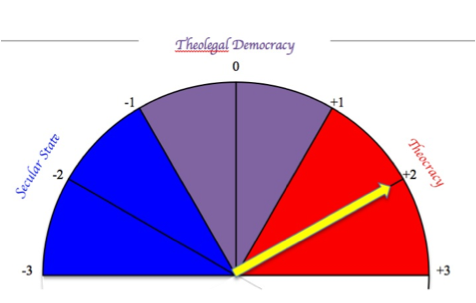
The United States is comprised of a religiously diverse citizenry, which leaves officials to balance the tension upheld by a constitution that simultaneously prevents the establishment of a national creed and yet preserves one’s right to freedom of religion. In practice, officials in the United States cannot legislate theology, but they can, and do, use theology to legislate.
As a result, the United States is not a secular democracy where laws guarantee freedom from religion and dismiss theological rhetoric in the political process; neither is it a theocracy, where a single religion prescribes all laws. Whether we like it or not the United States is a theolegal democracy.

I join this conversation as a student of comparative politics, writing a project that explores how islamiyun, often dubbed Islamists, imagine and enact democracy. Specifically, I use insights derived from ordinary language philosophy to apprehend insights from interviews and focus groups with over 100 interlocutors, gleaned in nearly two years of fieldwork in Morocco (2009-2011), to understand what democracy means to Moroccan islamiyun. I find that there are two broad usages of dimuqratiyyah [democracy] in the language and practices of Moroccan islamiyun.
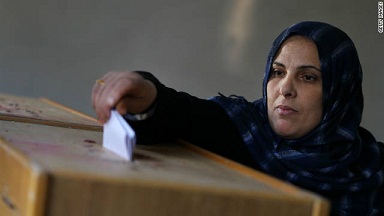
I want to argue here that the term “political Islam” is in many ways a misnomer, because the Islamism that is meant to instantiate it has been unable to appropriate politics as a way of dealing with antagonism either institutionally or even in the realm of thought. Looking in particular at the form Islamism took with one of its founding figures, the twentieth century writer, and founder of the Jamaat-e Islami in both India and Pakistan, Sayyid Abul a’la Maududi.

I join this conversation as a political theorist having just published a book, Beyond Church and State: Democracy, Secularism, and Conversion (Cambridge 2013), in which I argue that the modern secular imaginary is premised upon an insufficient image of secularism as the separation of church and state, and that secularism should instead be understood as a process of conversion that reshapes key dimensions of both religious and political life

In what follows, my aim is to argue – the stronger version of the thesis of postsecularity, concomitant to any discussion of political theology[ii] – that there is no strict separation between religion/theology/church/mosque and politics/secular/state/nation by way of deliberating on the possibility of an immanent Islamic critique. This thesis of postsecularity does not assert that we have varying amounts of religion mixed in with different amounts of politics,[iii] for that still conceives religion and politics as two separate concepts. Rather, it asserts that the categories of “religion” and “politics,” supposedly marking two distinct and oppositionally defined concepts, are incoherent to begin with, and should be dispensed[iv] with altogether.[v]
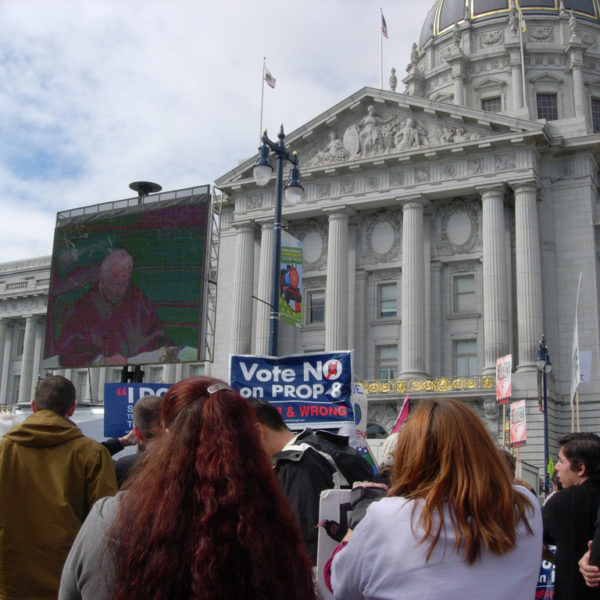
DOMA’s exclusion of same-sex marriages violated equal protection, the Court ruled, because the exclusion was based on a demeaning view of same-sex marriages—a view of such marriages as, in the words of the Court, “second-class”: morally inferior to opposite-sex marriages.The Supreme Court reached the correct decision in United States v. Windsor, in my judgment, but Justice Kennedy’s opinion for the Court was much less clear than it should have been about why DOMA’s exclusion of same-sex marriages was unconstitutional.

In a church in the suburbs of Belfast, there is a stained-glass window which takes its title and its subject matter from a line in one of this week’s lectionary readings (from chapter 22 of the Book of Revelation, or the Apocalypse of John): “The leaves of the tree were for the healing of the nations”. At the time of its installation (1920, one year before the partition of Ireland into North and South), this window – along with other works by the artist Wilhelmina Geddes – caused a stir by its Arts-and-Crafts Movement modernism. “Her glass is quite unlike that of most other stained glass workers”, according to the Irish Times; “the religion which it reflects is the religion of power and fighting, not the religion of peace and restfulness”.1 I saw this window on a brief trip to Belfast last October….
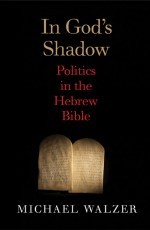
[The the second of three posts this week on Michael Walzer’s In God’s Shadow: Politics in the Hebrew Bible.] It is deeply satisfying to read a new book by Michael Walzer on the Hebrew bible. Certainly this is not Walzer’s first book on the Hebrew bible: Walzer’s earlier Exodus and Revolution already gives us a unique way to reimagine the revolutionary implications of the biblical text. With this new volume, Walzer’s writings on the bible continue to invigorate the way we can read this most ancient of texts. Michael Walzer’s In God’s Shadow sets a difficult task for itself. It reads the wide-ranging Hebrew bible to get a sense of how political institutions actually functioned in biblical times. This enterprise is more difficult than it sounds. Mining a work that consciously centers on historical and legalistic narrative for structural and procedural understandings about how political life actually works can be a counterintuitive project. It is a tribute to Walzer’s masterly sense of his craft and his nuanced readings of the biblical texts that he succeeds so well at his self-appointed task. Deliberately eschewing a philosophical or reductive (morally or otherwise) reading of the Hebrew bible, Walzer approaches these much-commented texts with another set of questions in mind: what role is left for politics in a world that, according to the bible at least, is governed by God?
Until we address ‘toxic masculinity,’ Newtowns will continue to happen.
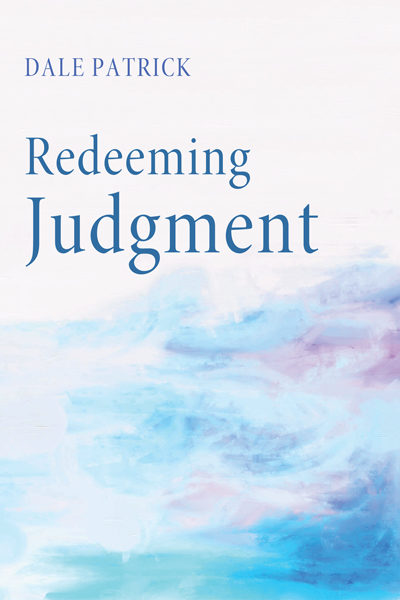
Redeeming Judgment arose from my sense of urgency. The Protestant church in which I grew up and to which I belong has largely grown silent about the judgment of God. It seems that we are bent upon living up to H. Richard Niebuhr’s caricature of liberal Protestantism: “A God without wrath brings men without sin into a kingdom without judgment through the ministrations of a Christ without a cross” (Kingdom of God in America, p. 193).
Redeeming Judgment is meant to remedy this aversion to judgment. Judgment accompanies God’s saving work throughout the Bible. Redeem has been prefixed to judgment to indicate that I am proposing to reclaim this theological teaching. Moreover, judgment is itself a component of the redeeming action of God. Thus, we are out to reclaim a teaching that is essential to the redeeming purposes of God.
Although the book was not written specifically for those engaged in political theology, the concept of divine judgment should be at the foundation of any political theology that aspires to be rooted in the Bible. Judgment is a component of practically every interaction between God and humans in the Bible. The reader’s understanding of how the concept can be faithfully applied to historical and contemporary events will be enriched by studying “paradigm cases.”
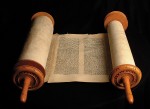
The Book of Esther understands well the challenges of living in a world where one might have to juggle and negotiate different, even conflicting, identities and loyalties– one political, one ethnic and religious. But it is interesting that while these identities are sometimes open and sometimes undisclosed, they never correspond neatly to the categories of “public” political lives vs. “private” religious lives. Esther’s hidden religious identity makes claims on her public life as well as her private life…

Jesus is our model for ethical, powerful speech. As we immerse ourselves in the Jesus community, and recognize that much of what passes for legitimate, “free speech” in our culture, is actually not coming out of community at all, but coming out of a place of isolation and alienation. Or, perhaps, coming out of an anti-Kingdom community, a community being formed by values opposed to the kingdom that Jesus proclaimed.
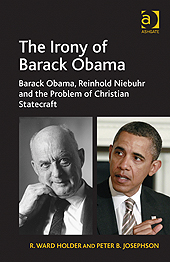
In our last post, we noted that Barack Obama was the willing victim of a particularly delicious moment of irony. The very framework that has given sophistication and moral purpose to his governing – a Niebuhrian Christian realism – could cost him the 2012 election. While Christian realism allows a statesmanlike distance between the goals that can actually be achieved and the pretensions to virtue and excellence that may be desired, very few in the American electorate wish to hear about that. In other words, to win American elections, one must be a cheerleader, or a political evangelist.
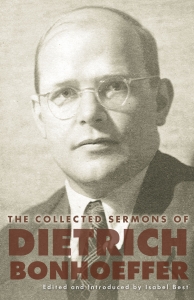
The sermon below is taken from “The Collected Sermons of Dietrich Bonhoeffer,” edited and introduced by Isabel Best. // The overcoming of fear—that is what we are proclaiming here. The Bible, the gospel, Christ, the church, the faith—all are one great battle cry against fear in the lives of human beings. Fear is, somehow or other, the archenemy itself. It crouches in people’s hearts. It hollows out their insides, until their resistance and strength are spent and they suddenly break down. Fear secretly gnaws and eats away at all the ties that bind a person to God and to others, and when in a time of need that person reaches for those ties and clings to them, they break and the individual sinks back into himself or herself, helpless and despairing, while hell rejoices….
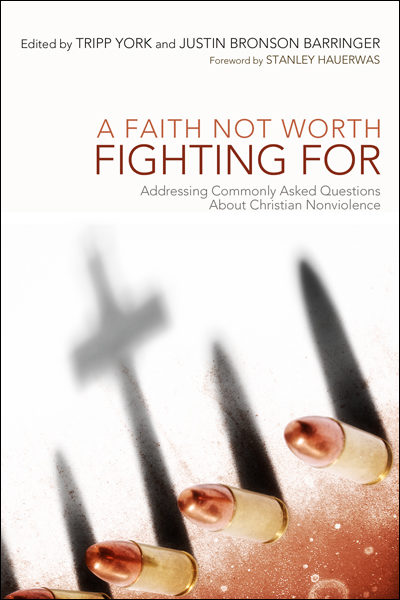
[Below is an excerpt from A Faith Not Worth Fighting For: Commonly Asked Questions about Christian Nonviolence. We welcome comments, responses and reviews.] In 1569, a Christian by the name of Dirk Willems was burned at the stake for committing a capital crime: being an Anabaptist. It has been jokingly said that….
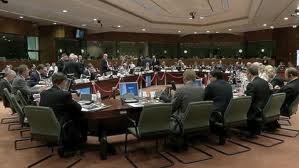
WRITING some 50 years ago, Archduke Otto Hapsburg, the last pretender to the crowns of Austria and Hungary, warned that economic cooperation alone would not satisfy the peoples of Europe and that European unification could not succeed unless it was imbued with an abstract principle. Only something as mystical, he wrote, as the Holy Roman Empire could give people hope, a sense of religious renewal and combat the pernicious effects of local interest, chauvinism, xenophobia and racism. Today’s European crisis indeed shows that great political institutions cannot be constituted solely on a rational basis or through the bureaucracy and incrementalism of Brussels.
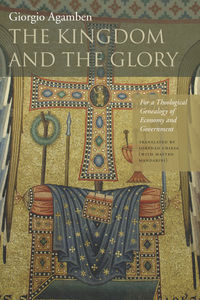
It is perhaps inevitable that the claims of a thinker such as Agamben should be profoundly annoying to those firmly rooted in a hardcore “historical materialist” perspective. Despite the fact that Marx himself was consistently fascinated with religious and theological matters insofar as they reflected the material arrangements of society, his followers, disregarding his own admonitions on dogmatism, have too often succumbed to a reflexive disdain for any analysis redolent of ‘spirit.’ And if Agamben’s claims are arguably exaggerated, then the same could also be said of the claims of his more vehement detractors. […]
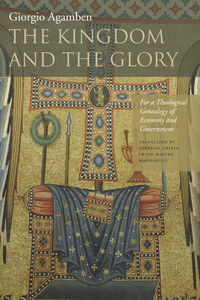
Glory doesn’t work. Amen.
This condensed assertion and acclamation get at the heart of Giorgio Agamben’s The Kingdom and the Glory, the second part of the second part of his Homo Sacer project (whose volumes include Homo Sacer, State of Exception, and Remnants of Auschwitz). The Kingdom and the Glory’s subtitle, For a Theological Genealogy of Economy and Government, allusively explains the Foucaultian-feeling rhythms according to which this text pulses—rhythms that animate the Homo Sacer project from its inception but which come to archaeological fruition in The Kingdom and the Glory. In Foucaultian fashion, The Kingdom and the Glory’s initial six sections trace a meticulous, albeit particular, conceptual genealogy through early and medieval Christian theologies (a genealogy replete with long quotations that serve as evidential support) whose impetus comes, indirectly, from an intertextual conversation between Erich Peterson and Carl Schmitt, which recurs throughout Agamben’s text. More directly, the impetus comes from Agamben’s explicit aim of catching, via theology, “a glimpse of something like the ultimate structure of the governmental machine of the West in the relation between oikonomia and Glory” (xii)—a relation he casts in State of Exception in terms of auctoritas and potestas. […]
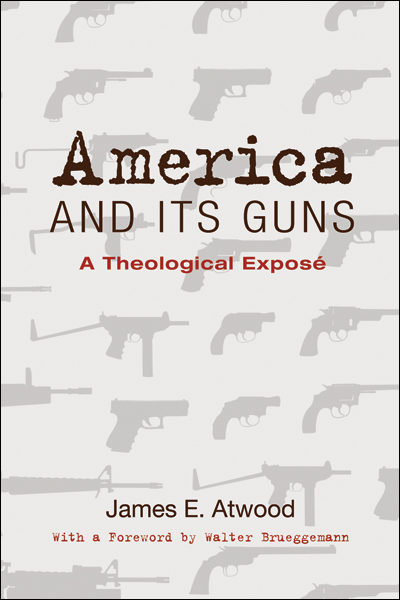
As the golden calf gave the ancients a false sense of security, many twenty-first century Americans look for security in weapons. When our leaders are absent or fail us; when our God is invisible and from all appearances is absent from our lives; when we don’t know how we can keep going; when we are consumed by our fears and feel threatened by those who are not like us, those are the moments when new idols are imagined and fashioned and desperate people give them their ultimate concerns, devotion, and focused attention.
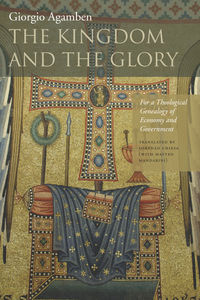
For years now, one of Giorgio Agamben’s major concerns has been the fracture that lies at the heart of modern humanity (i.e. humanity’s sense of sovereignty). This is something he has described in a variety of contexts as that which divides the experience of something from one’s knowledge of it (cf. his Infancy and History). Due to such a fracture, we are no longer able to experience life as we ought to. The task of poetry (as it deals with our experiences) is subsequently forever divided from that of philosophy (that which deals with our knowledge). Such divisions, I would add, have since become the preeminent focus of Agamben’s work, taking him on a quest against all forms of representation that would sever the ‘thing itself’ from its image. These thoughts, moreover, have taken him toward an inspection of similar divisions said to lie at the base of our perceptions of the divine (i.e. God’s sovereignty). […]
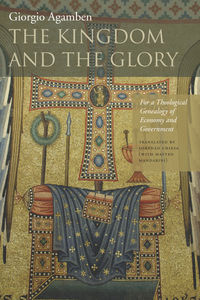
The Kingdom and the Glory: For a Theological Genealogy of Economy and Government, which continues Agamben’s interest in the history of sovereignty and the exception, brings the discourse of theology to the forefront of questions about the nature of modern political economy and government. Agamben’s claim is that theology has left its indelible signature on and therefore deeply animates modern life. But how? […]
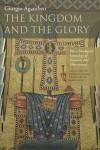
The field of political theology has not yet been rigorously defined. It is more a field of affinities than a clearly delineated disciplinary space—a kind of “zone of indistinction” between theology and political theory where the terms of debate are still very much up for grabs. Even as the range and shape of political theology as a field of inquiry remain somewhat inchoate, however, there are points of reference that already seem more or less obvious or obligatory. The work of Giorgio Agamben is surely one of them, a status that The Kingdom and the Glory will just as surely reinforce. […]
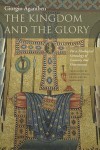
Six months or so after Lehman Brothers disappeared, and two weeks after the Dow Jones hit a twelve-year low, the creators of South Park ran an episode called Margaritaville, the primary storyline of which recounted the failed attempt by one of the boys to return the eponymous blender that his idiot, moralizing father had bought. In a gleefully sloppy primer on the financial crisis, Stan follows the increasingly inscrutable chain of capital from the profligate consumers, to shady third-party financiers, to the securities bundlers of Wall Street, and ultimately, to the public sector ex post facto debt assumers. At the heart of financial darkness, Stan’s odyssey takes him to the Treasury Department where a tribunal of economists determines the value of his margarita maker to be ninety trillion dollars, a calculation determined, it is subsequently revealed, through a divining process involving men in powdered wigs, a kazoo, and a decapitated yet still ambulatory chicken tossed onto a wheel-of-fortune style game board labeled with a range of monetary, fiscal, political maneuvers: Socialize/ Let Fail/ Coup d’etat/ Bailout!
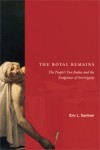
The Royal Remains is a culmination of years of reflection on the conditions of the emergence of modernity, the ways in which it has been underpinned by a pound of ‘spectral yet visceral’ flesh. The book presents a complex politico-theological and psychoanalytic narrative about how the demise of transcendence has left us with a ‘surplus of immanence,’ a bodily too-muchness, an errant fleshy excess that still defines our condition and haunts it. From Marat’s death to Rilke’s Malte, from Kafka’s “Country Doctor” to Foucault’s biopolitical body, I track the palpitations of this surplus and explore the possibilities of developing new ways of living with and through it.
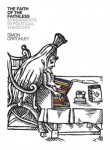
Religious truth is like troth, the experience of fidelity where one is affianced and then betrothed. What is true, then, is an experience of faith, and this is as true for agnostics and atheists as it is for theists. Those who cannot believe still require religious truth and a framework of ritual in which they can believe. At the core of Wilde’s remark is the seemingly contradictory idea of the faith of the faithless and the belief of unbelievers, a faith which does not give up on the idea of truth, but transfigures its meaning.
I should add, from a Christian point of view, liberty is neither a virtue nor an ideal. History is ripe with examples of how liberty may turn to tragedy for individuals as well as for whole peoples and civilizations. Nonetheless, there is, it seems, a stubborn fact: in the soul of one who is not free there can neither be reason, nor beauty, nor love. One could say that a man doesn’t really exist as a man without these, and can’t even begin to comprehend the divine. Shortly before his death Christ told his disciples: “Unless I go the cross, the Holy Spirit will not come to you.” And do you know why? Because as long as there is some higher authority, be it even God personified, from whom men simply take words as facts, as some kind of a command, then they are not acting according to their own free will. And community with the Holy Spirit is reserved for free souls. Without freedom, love is impossible.

Drone warfare also continues the attitude towards technology that has marked the history of aerial warfare, the attitude that we need just one more technical fix to make it work the way we think it should. The history of warfare in the twentieth century is replete with advantages gained with a new technology but these advantages did not last long. Should we assume that nowhere in the world is there a group of bright engineers trying to design and produce a counter to the drone? We do so at our peril.
During the past two decades, political liberalism has been put on trial. Political theorists indebted to Sheldon Wolin (William Connolly, Romand Coles, Bonnie Honig) have, in various ways, exposed liberalism’s tendency to conceal or downplay significant dimensions of political struggle. These authors indict liberalism for its narrow understanding of public reason, an understanding that underestimates qualities, practices and interactions within our lifeworlds that tend to thwart liberalism’s drive toward consensus and agreement (here I am thinking of clashing visions of the good life, memory of injustice, or the emergence of new movements that challenge our very notion of publicity and reason). This trend within political theory resembles developments in religious studies and theology. Recent discussions between Stanley Hauerwas, Jeff Stout, and Cornel West revolve around liberalism’s tendency to depoliticize religious commitments by relegating them to the private sphere. For these authors, this inclination overlooks the deep connections between democratic struggle and religious practice within American history. These authors remind us that democracy and faith are bedfellows (and not necessarily strange ones).
Jonathan Kahn and Vincent Lloyd, in recent blog posts here, attempt to move these discussions further and potentially in new directions…
By Nicole L. Johnson
In response to changing political and cultural realities over the past several decades, the United Methodist Church has come to embrace various positions on the subject of war and peace. The denomination’s Book of Discipline makes evident a certain doctrinal pluralism on these topics and their related issues and questions. Textual analysis of the Discipline in order to discover the evolution of current teachings on war and peace (which one would likely never do unless, like me, one undertook such a project as part of one’s doctoral dissertation) reveals a doctrinal tradition that has come to include, for example, a Social Principles statement on “War and Peace” in which war is defined as “incompatible with the teachings and example of Christ” and is therefore to be “reject[ed] as an instrument of national foreign policy” while simultaneously recognizing in the statement on “Military Service” the “many Christians” who believe that war is acceptable in some situations and offering respect and support for those “who conscientiously choose to serve in the armed forces.”
By Jonathon Kahn, Vassar College
Who are the fools among us who continue to have faith in democracy and in American democracy in particular? After a desultory three-year period of community organizing in the corner of Harlem that I call home, I find myself preoccupied with this question. My community was unable to bridge the gap between what came to be called the “old” and “new” Harlem. To be sure, there were moments that Bonnie Honig might call “democratic ruptures,” when my community tried to rework its own sense of “we-ness.” But these moments were fleeting. “Ordinary life,” as Honig says, “reasserts itself, with a bit of a vengeance.”[i] Democratic energies dissipate. Democratic energies fail.
And yet I find myself wanting to argue that democratic faith is possible and needed. Though I have no theistic beliefs of my own, I can find no way to move forward with democratic life except as a person of faith. What, then, do I mean by faith and why does democracy need it?
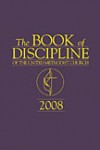
By D. Stephen Long
When I published my first book, which was on United Methodism and war, John Howard Yoder surprised me by blurbing it with the comment that it was interesting to see “non binding hortatory statements” taken seriously. When I first read that blurb I thought Yoder was incorrect. That book was a discussion of article XVI in the United Methodist Confession of Faith that says “We believe war and bloodshed are contrary to the gospel and spirit of Christ.” This article has never been rescinded. I thought Yoder misunderstood the nature of our Wesleyan heritage. In the intervening time, I have come to see he was correct. Despite having the Book of Discipline, we are not a disciplined church when it comes to any ethical or doctrinal issue.
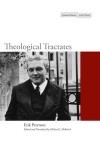
“Political theology” as discourse came back into circulation almost a hundred years ago thanks to the efforts of Carl Schmitt. In Germany, at least, its feasibility as a theological category was promptly booted out of play by his close friend Erik Peterson (d. 1960) in an oft-cited – but less often read – monograph on “Monotheism as a Political Problem” (1935). That and other writings of Peterson’s are now available in English translation, most of them for the first time, in my edition of Theological Tractates (Stanford University Press, 2011). Peterson reveals himself to have been an “anti-political” theologian who yet possessed an acute sense of the political dimension of subjects as diverse as liturgy, mysticism, ecclesiology, and martyrdom.

The book began with my conviction that the theology and philosophy of the early modern period is especially important for understanding Christian ethics today. It’s needed for us to figure out “how we got to where we are in our thinking,” as Nick Wolterstorff once put it. It is thus a hinge point on which subsequent church history turns. This is especially the case because it was in this period that there first emerged the plurality of moral languages that we now call pluralism, but which was originally a collection of writers (mostly Christian) casting about for a way to best express questions that had become pressing in their time.

In “A Public Faith” I offer a sketch of an alternative to totalitarian saturation of public life with a single religion as well as to secular exclusion of all religions from public life. I write as a Christian theologian to followers of Christ. I am not writing as a generic religious person to adherents of all religions, a project that would fail from the start. To stay with the example of Qutb, it is a task of Muslim scholars to elaborate distinctly Islamic alternatives to Qutb. My task is to offer a vision of the role of the followers of Jesus Christ in public life, a role that stays clear of the dangers of both “exclusion” and “saturation.”
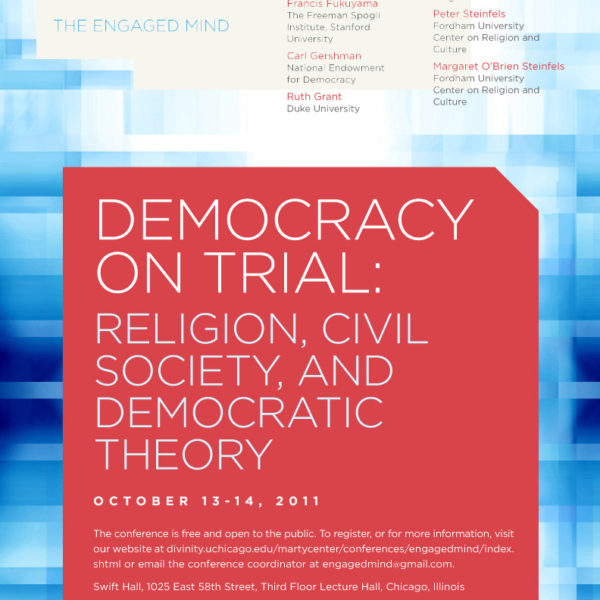
What is the state of our democracy? Is democracy good for the world? How does religion support or hinder democratic practice? Throughout her career, Jean Bethke Elshtain has challenged both liberal and conservative approaches to politics, emphasizing the crucial role that the mediating institutions of civil society play in a successful democracy. She has identified the forces that oppose democracy: identity politics, utopianism, and an elitism that denies ordinary people the prerogatives of citizenship. Yet she has consistently maintained a realism tinged with hope, pointing to Jane Addams as an exemplar of lived democratic practice.
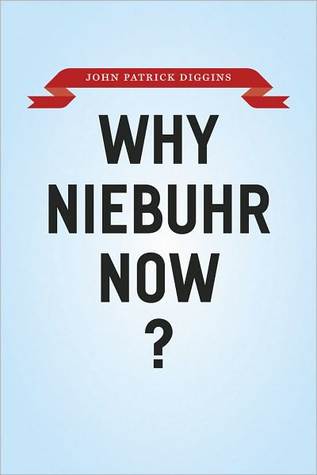
In his final book, Why Niebuhr Now?, the late John Patrick Diggins exposes what he claims are false appropriations of Niebuhr and offers in their place Niebuhr’s critique of power. It is this insight, says Diggins, that is especially needed today. This is a significant argument, one worth discussing. And so we asked two scholars, Elliot Ratzman and Ron Stone, to help us launch the conversation.
By Tazim R. Kassam
In this case, the “covering up” is the absence of reference to Islam/Muslims. The silence is a form of erasure of their experience in the historical narrative post-9/11. Both are processes that hide Islam, in one case through distortion in the other disinterest.
By Hugh Goddard
It will be very interesting, in 100 years time, to see whether 2001 has entered the list of significant anniversaries in the long history of conflict between Christians and Muslims.
By Tina Beattie
Fragments. That’s all we have. Books have been written, justifications have been offered, blame has been distributed and redistributed, enquiries have been held, heroes have been buried, villains have been executed, prime ministers and presidents have come and gone, and still all we have are fragments, and the rattle of empty words, dry as ash and bones.
By Andy Flannagan
Our attitude to the planet and its structures, as economics and ecology mix inextricably, are formed by whether our mindset is one of moving on to the next place, or one of renovation. Our God is a God intent on renovation. He has a plan for this place and it is good. This place IS the next place. It will be transformed. And incredibly we are called to be part of demonstrating what this next place will be like right now, which surely involves change within and through political structures.
By Andrew Marin
Historians note that on 28 June, 1969 the modern era of the battle over gay rights unofficially began. It was in the early hours of that morning in Greenwich Village in New York City at an underground gay club called Stonewall Inn that a group of LGBT patrons began fighting back against the NYPD, who regularly showed up to receive bribes and shake-down those in the club under the threats of a very public, and irrevocably damaging, “outing.”
